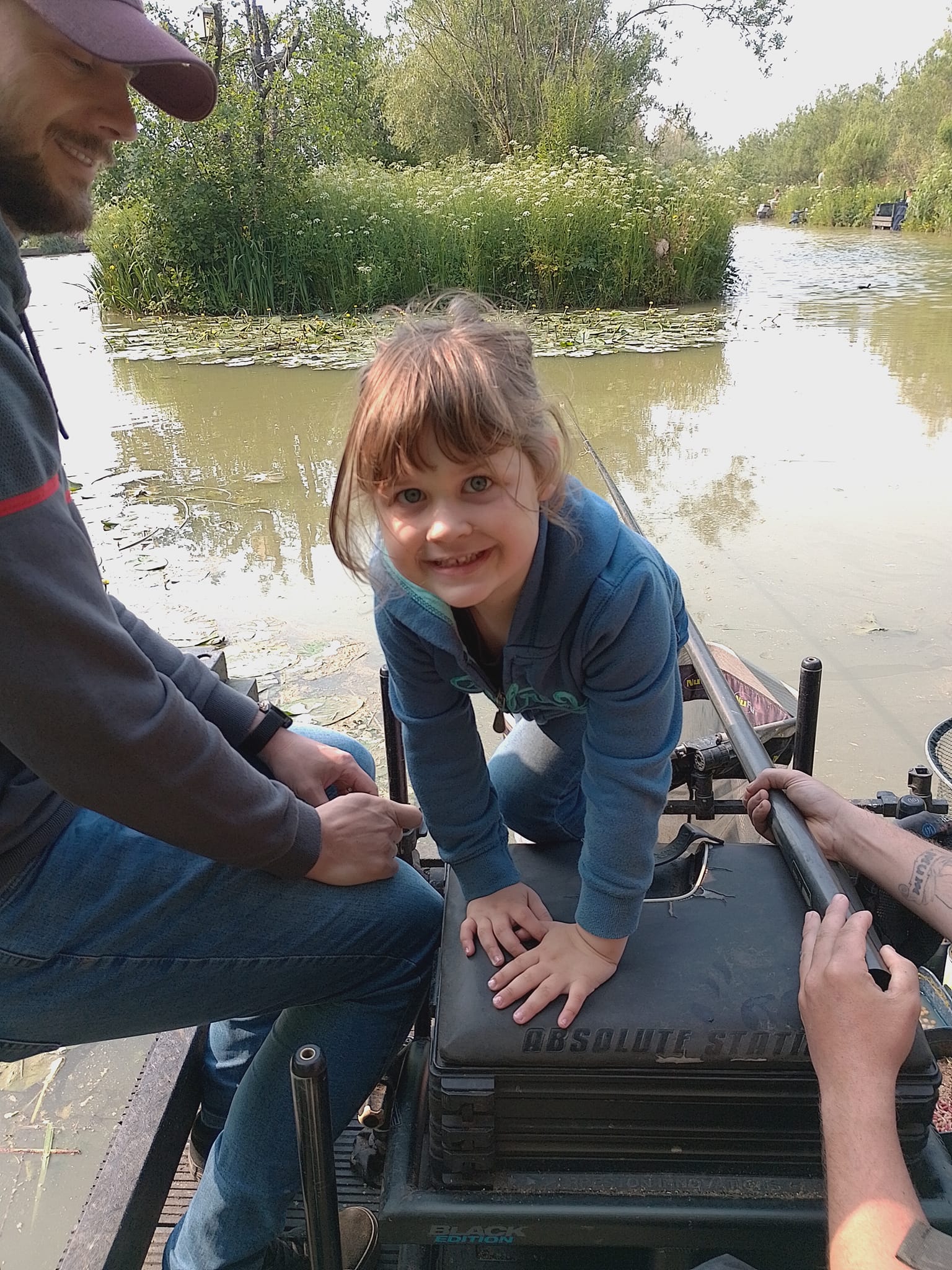
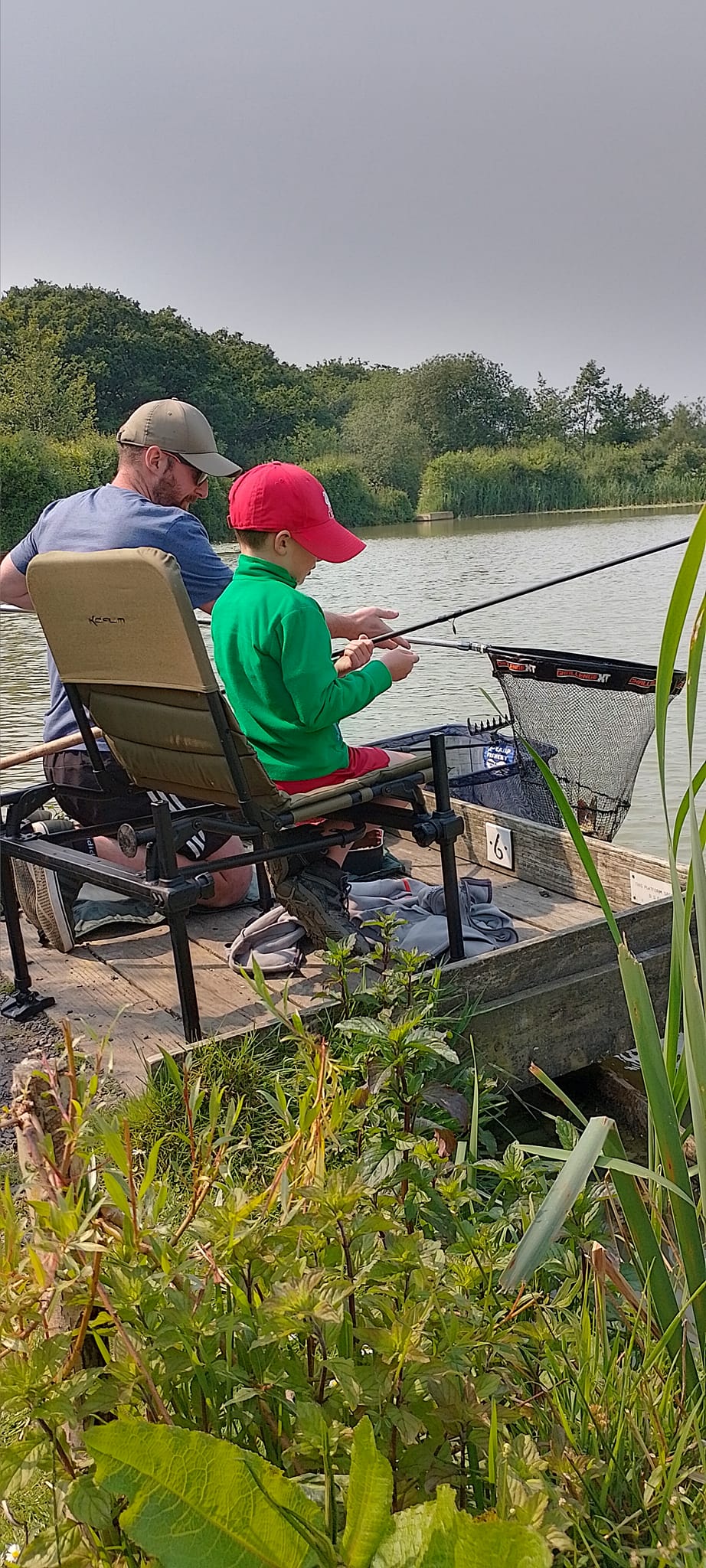
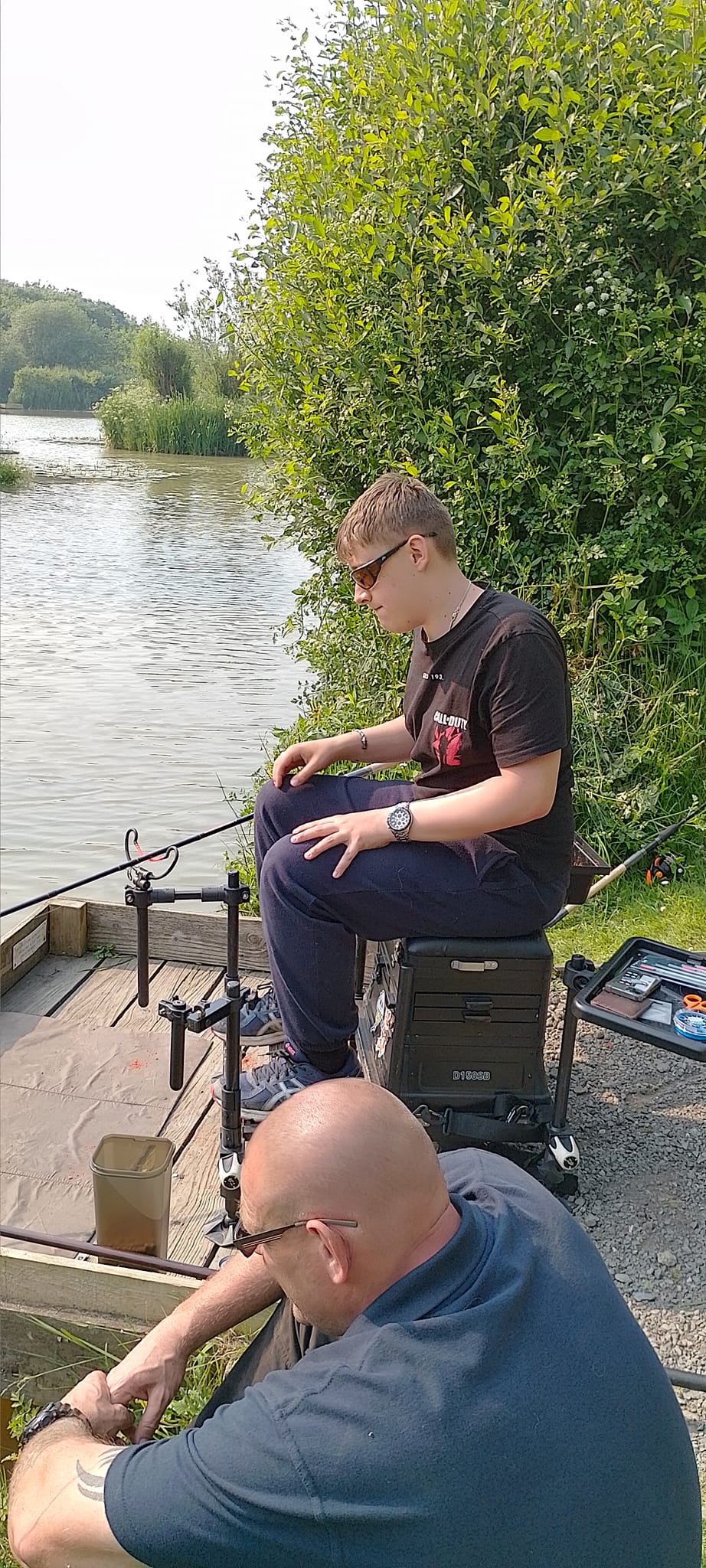
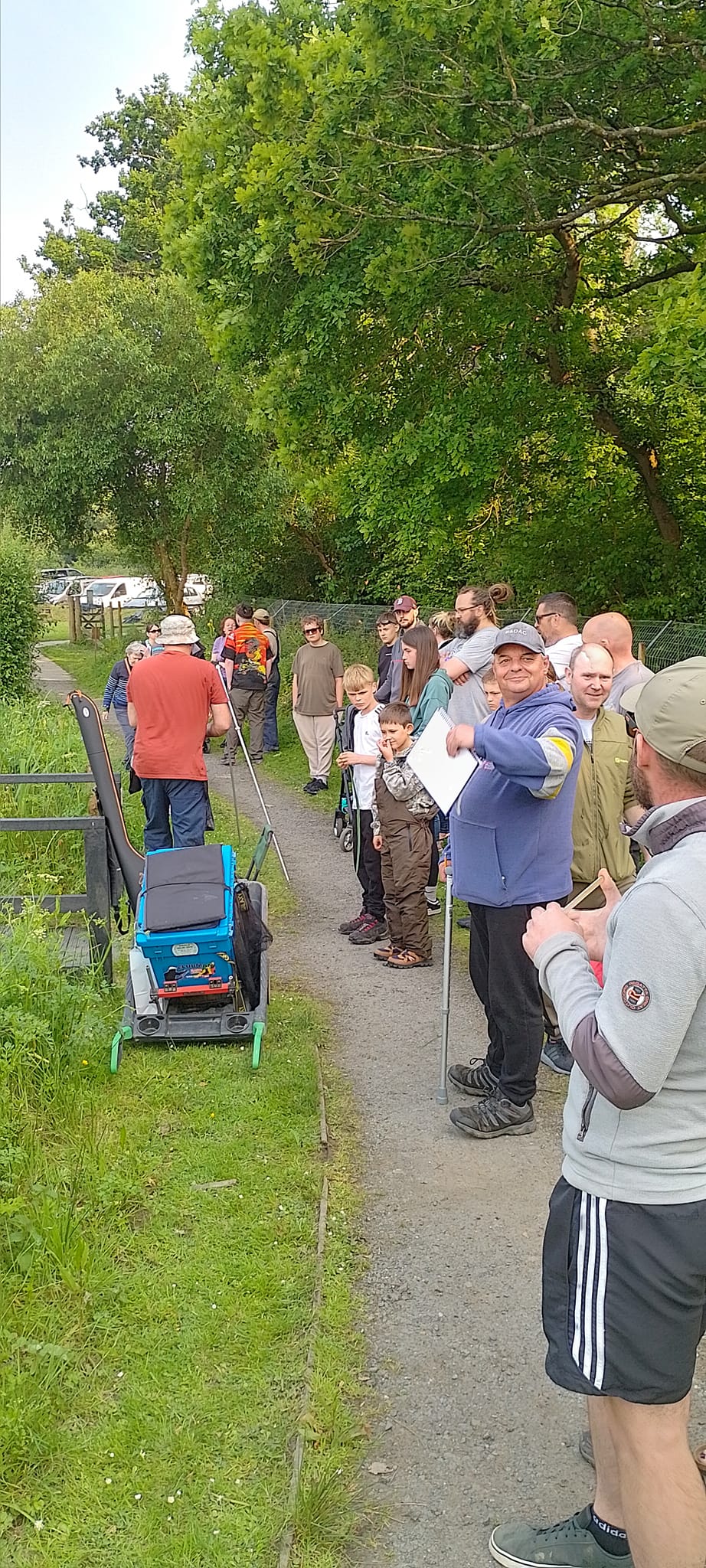

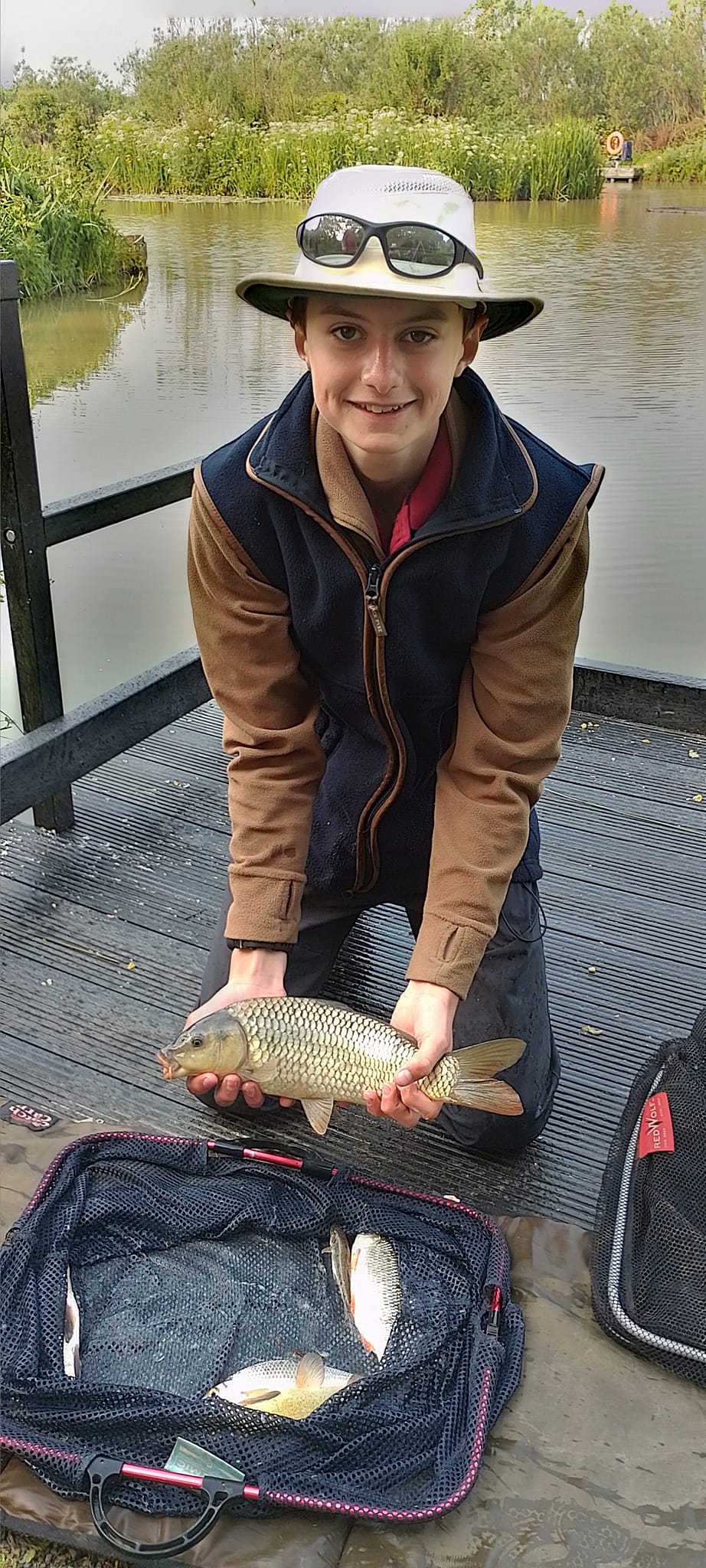
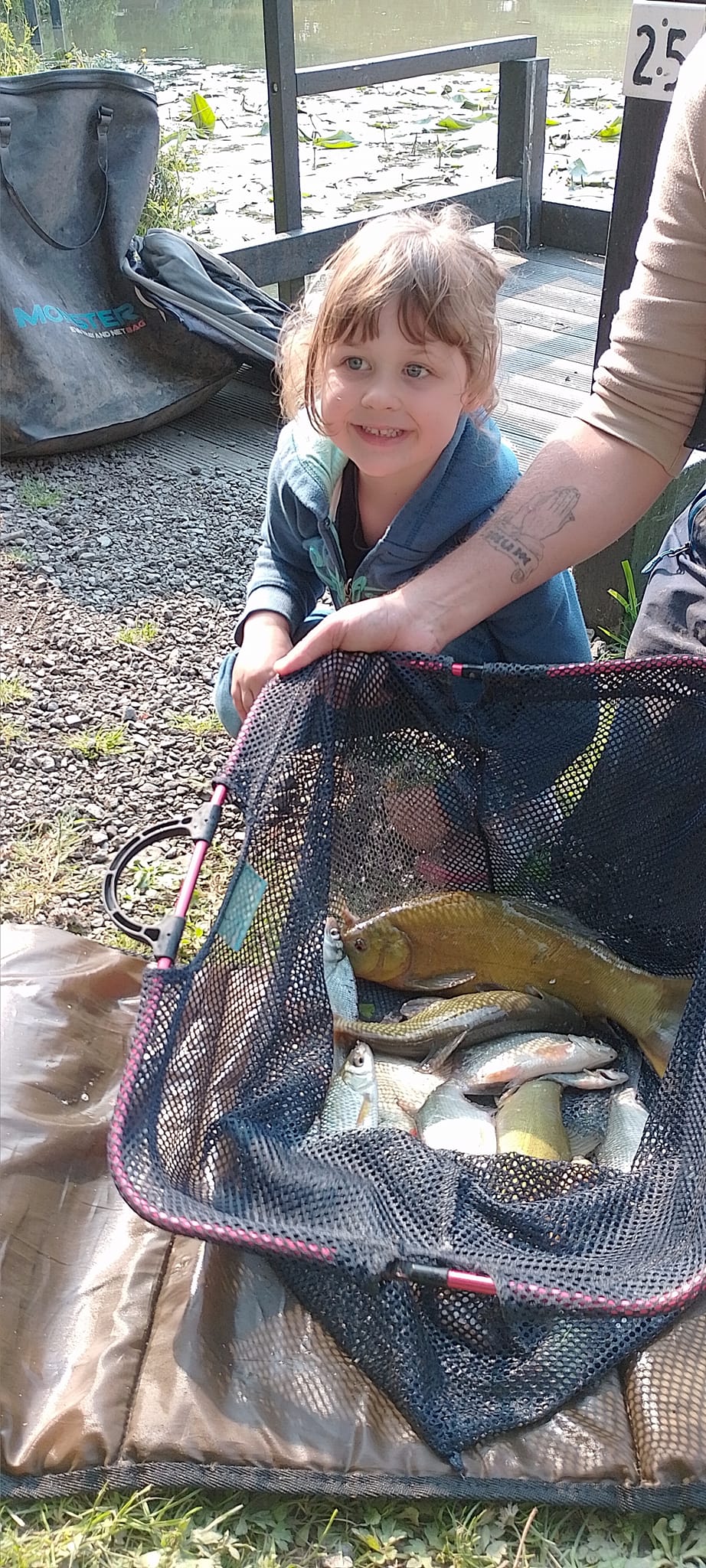
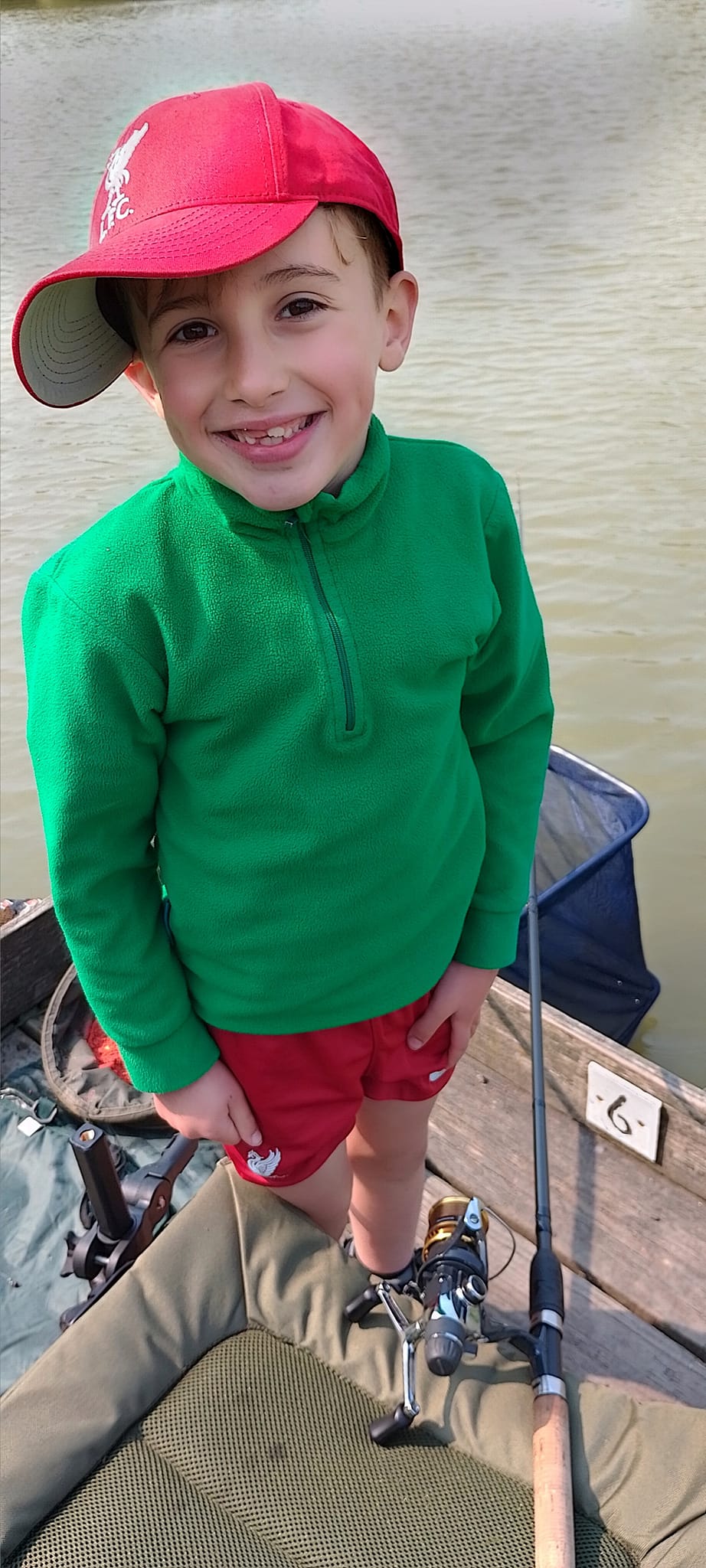
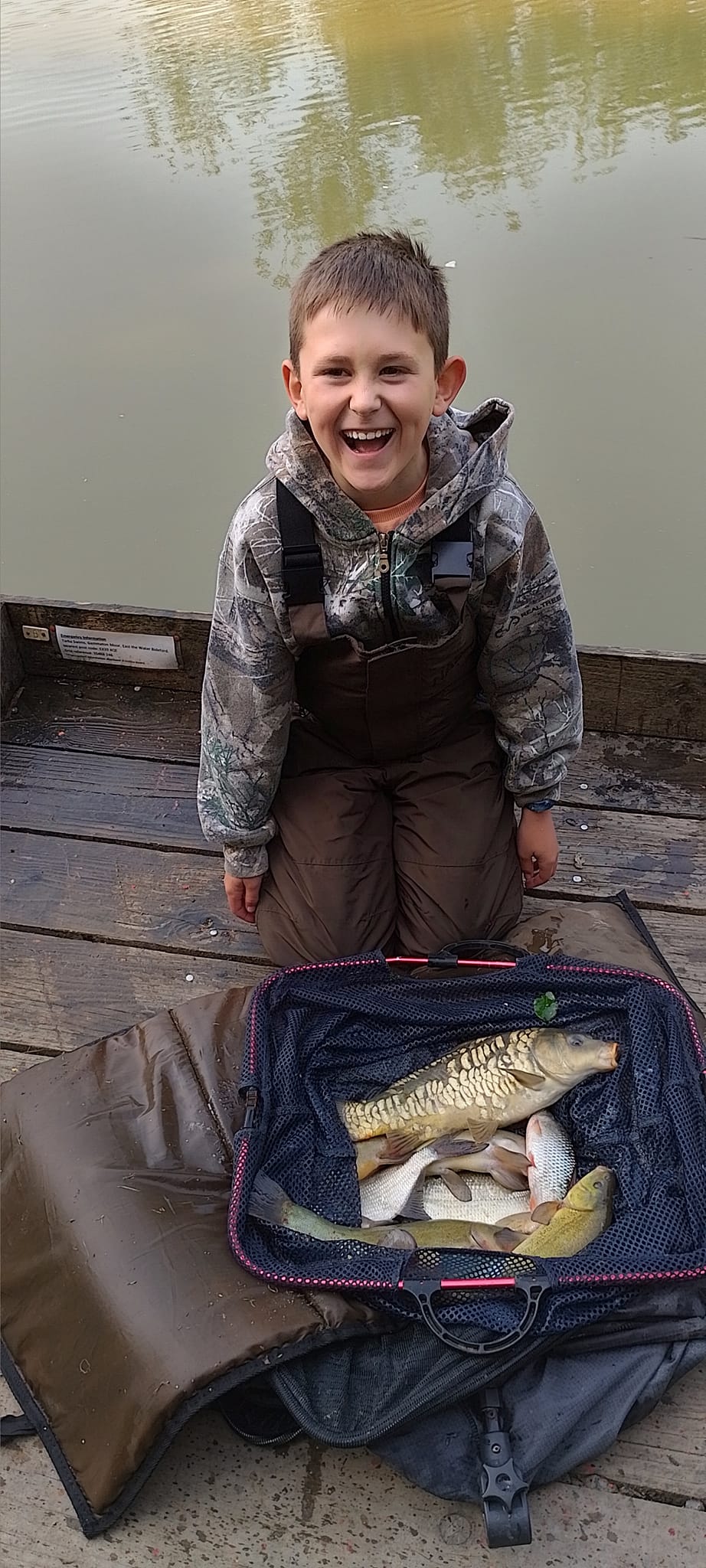
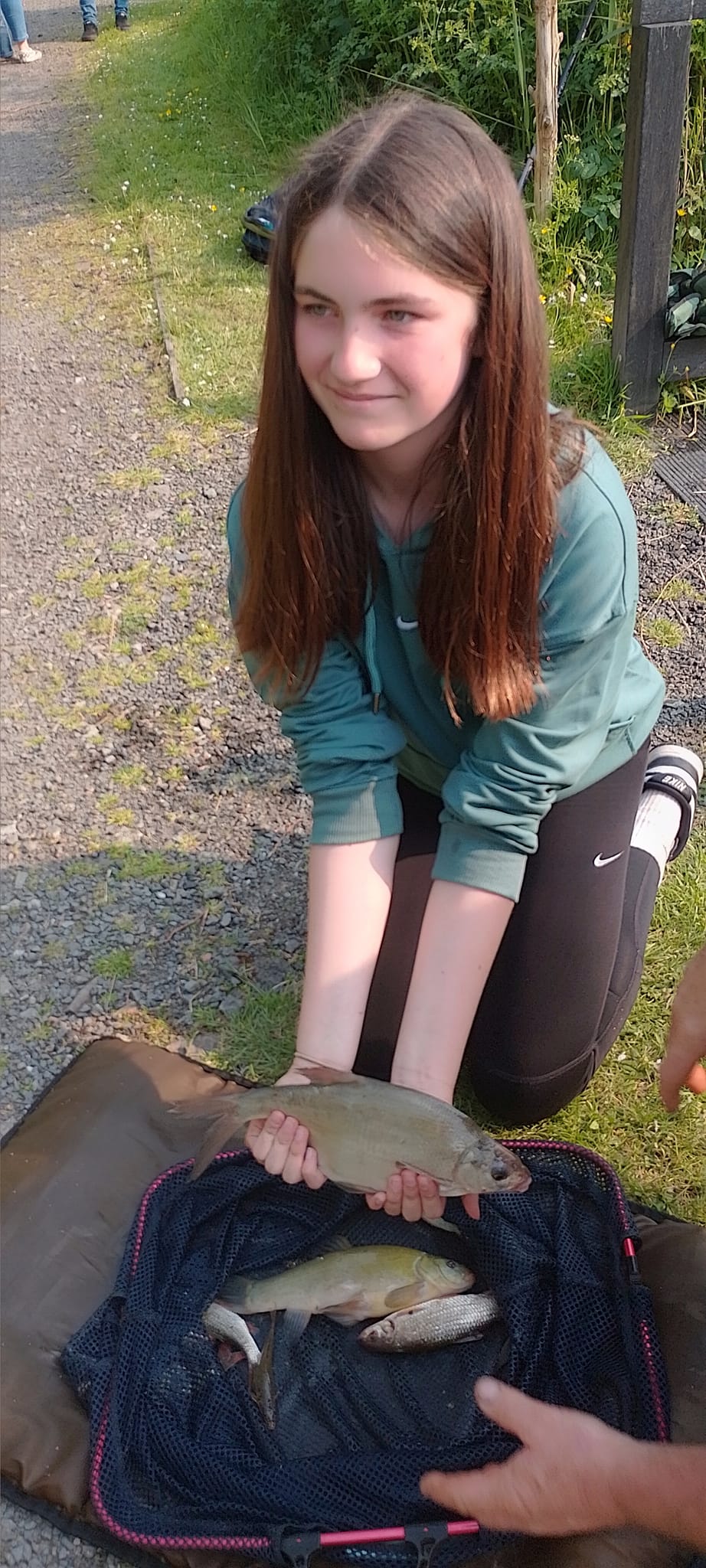
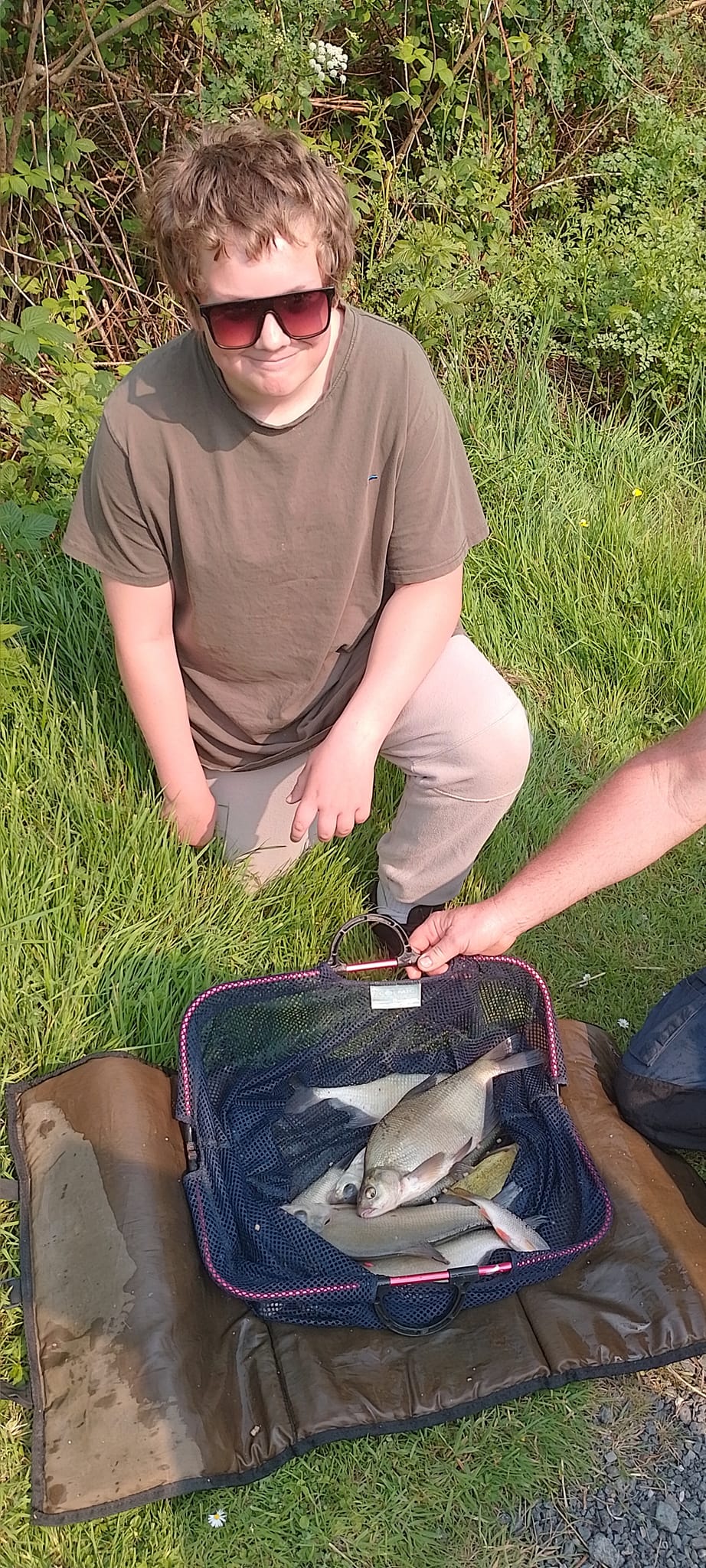
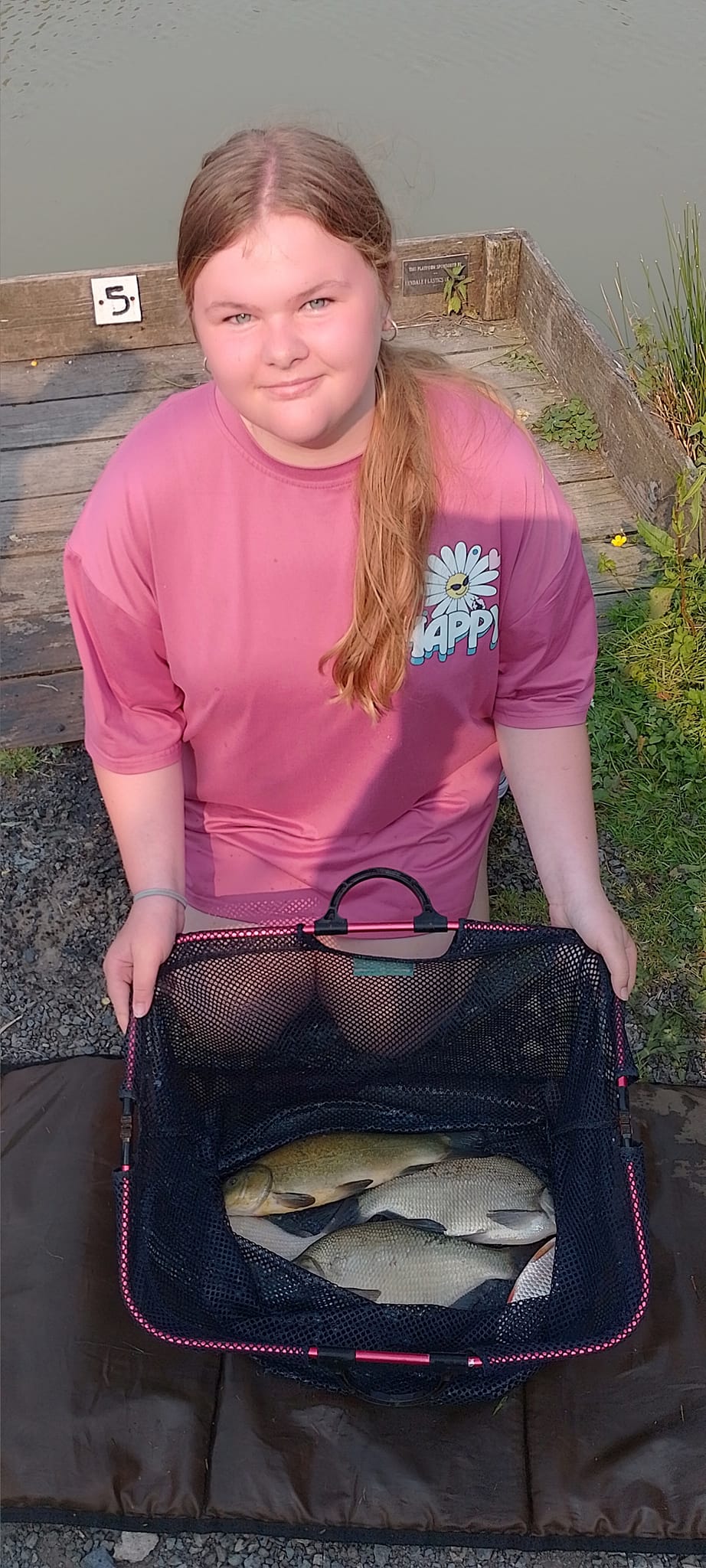
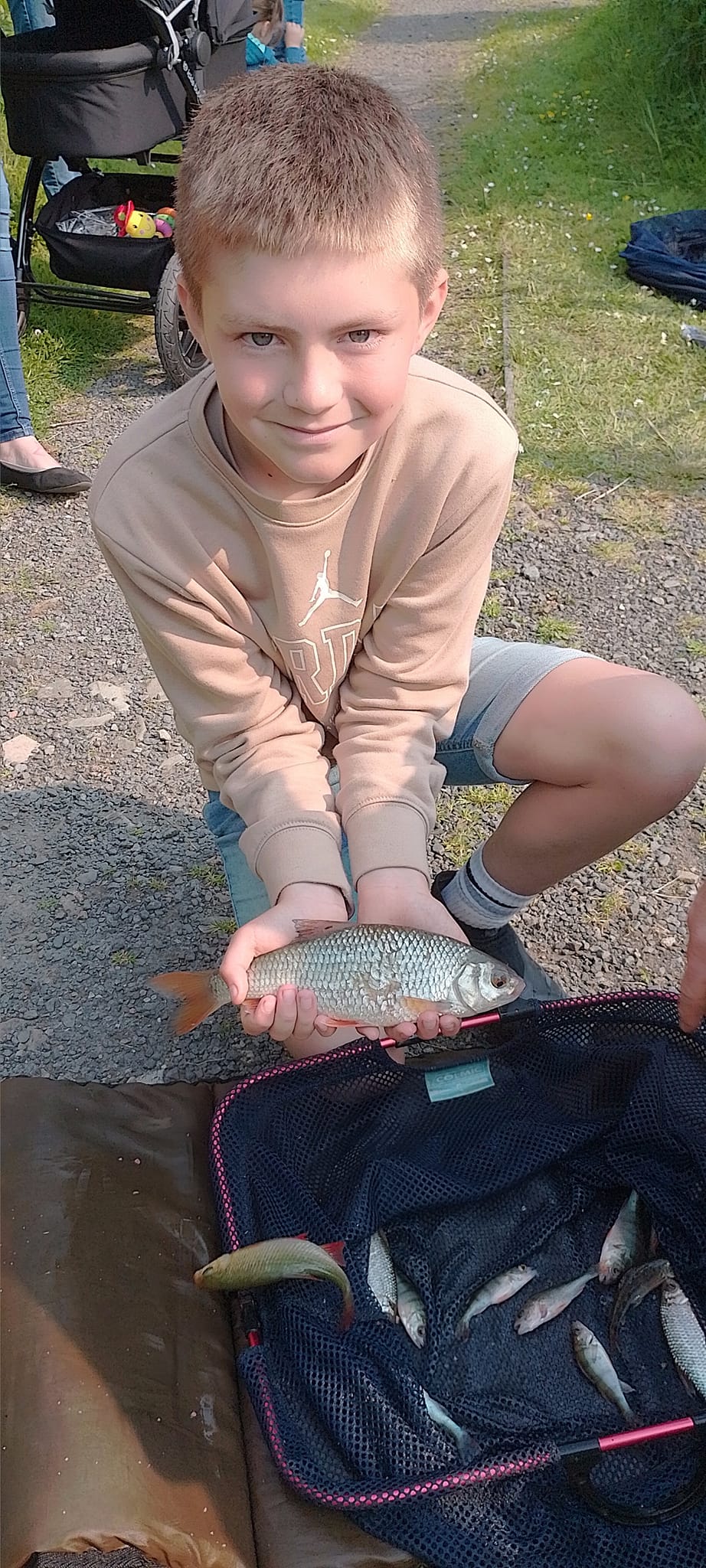
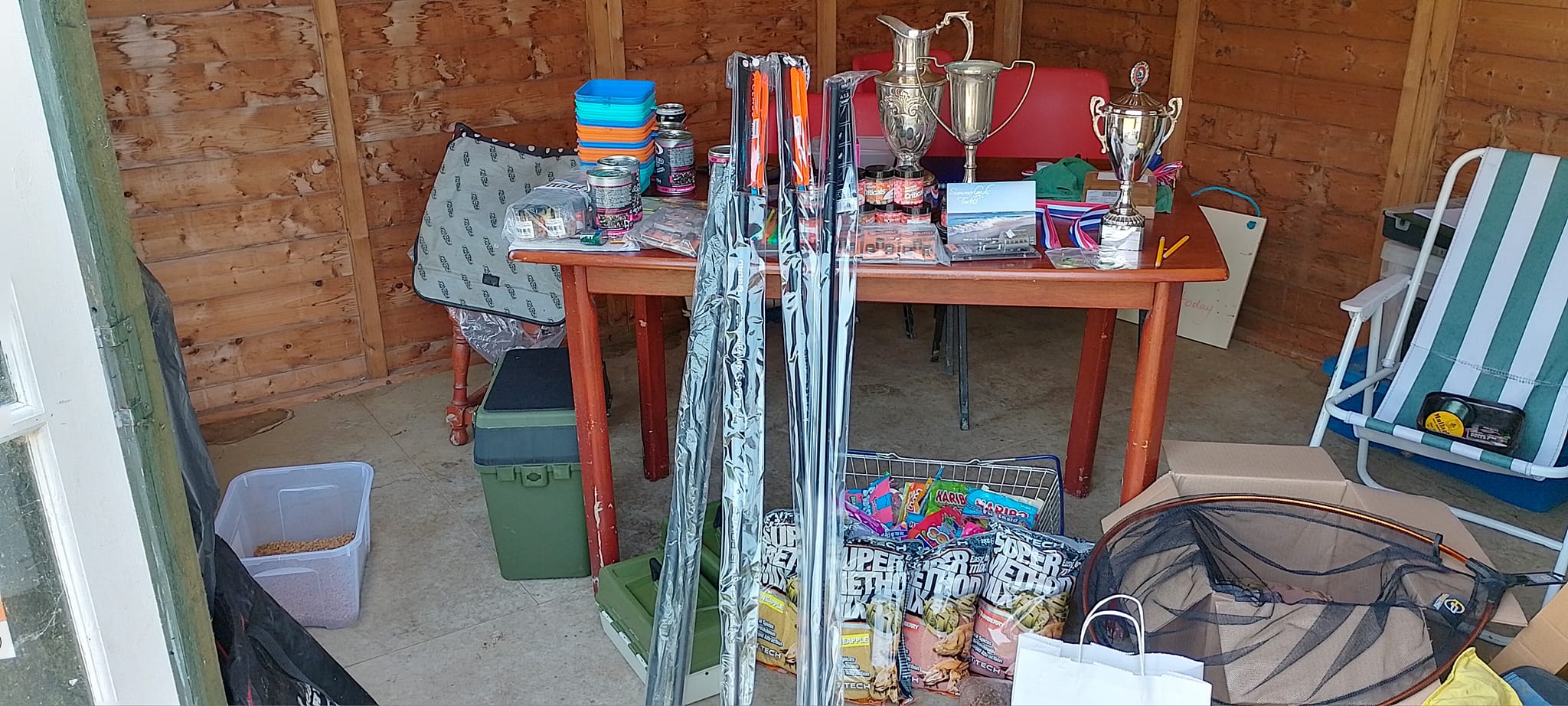
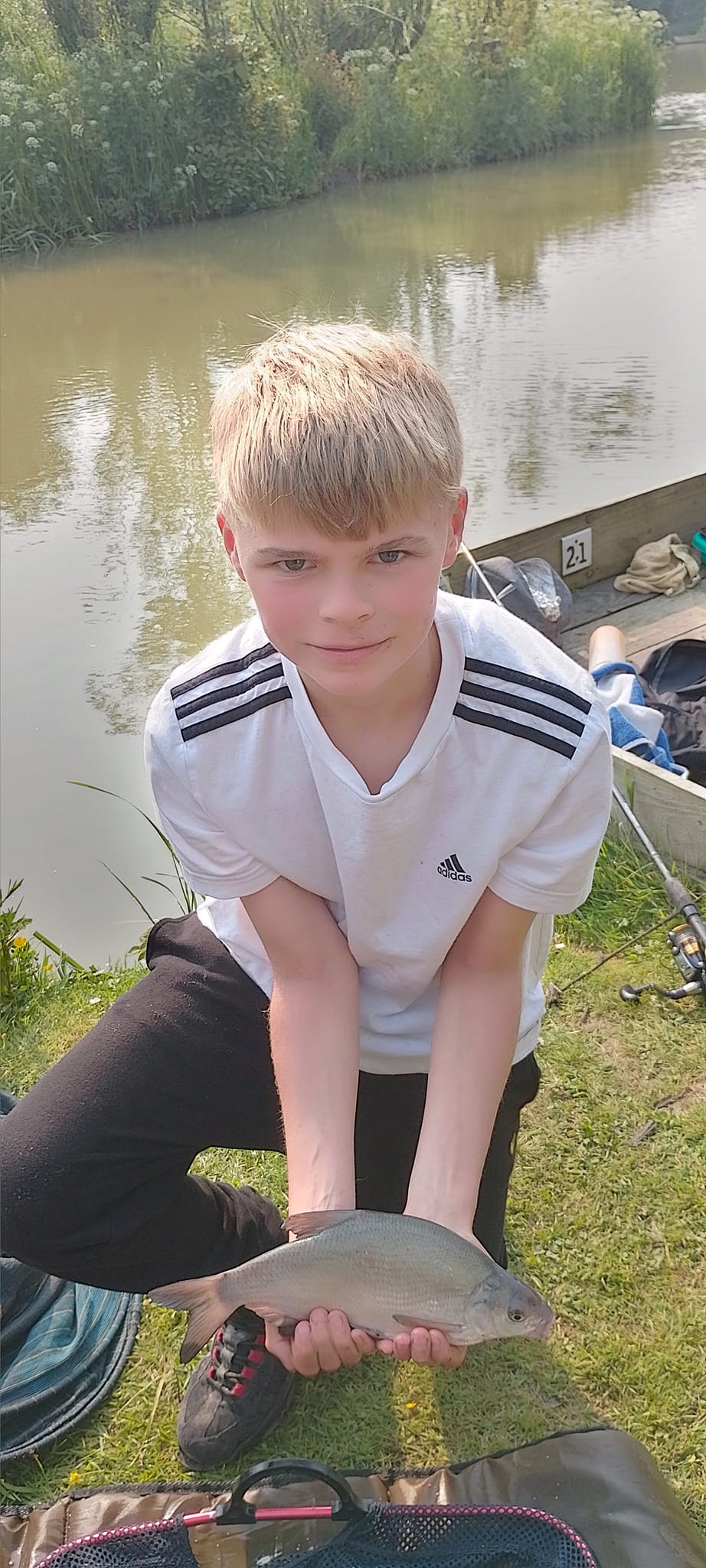
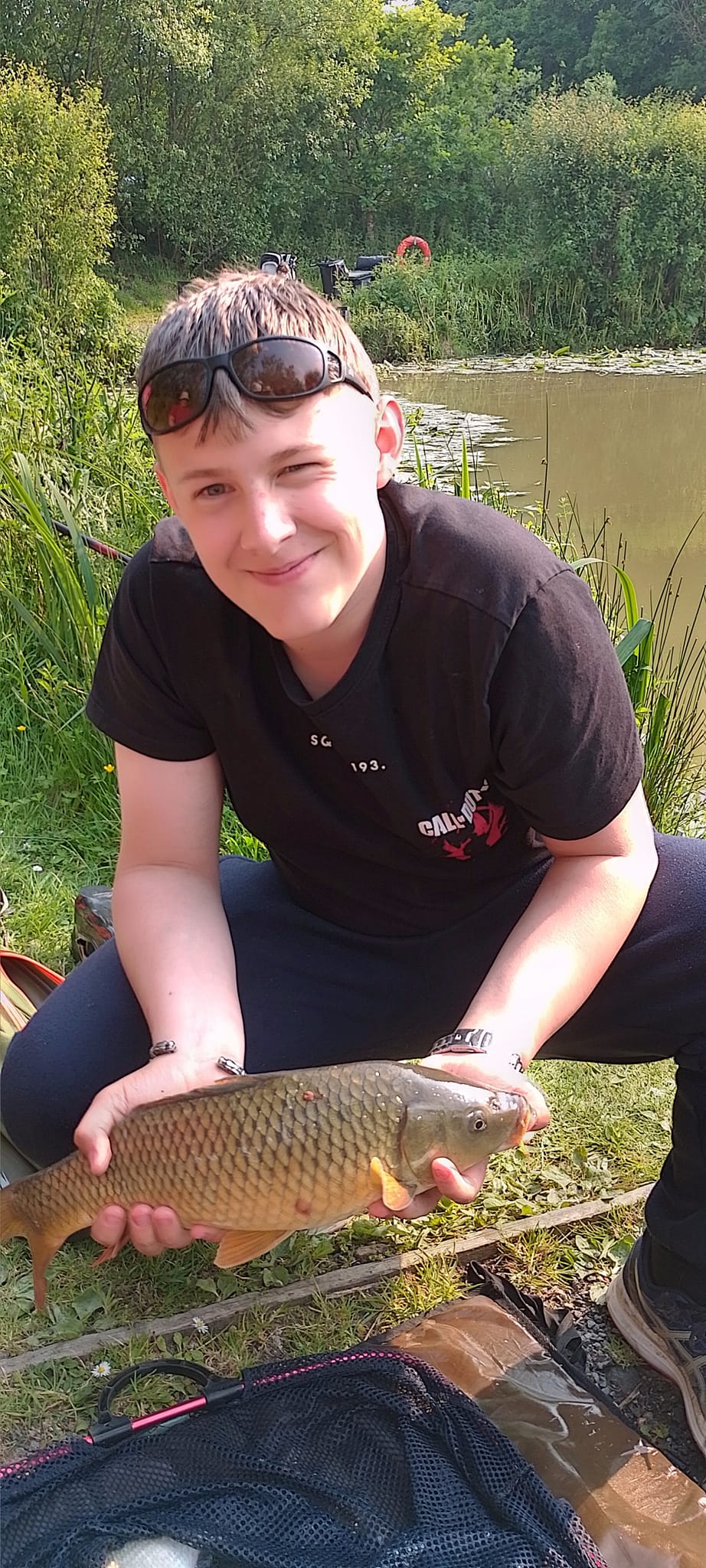
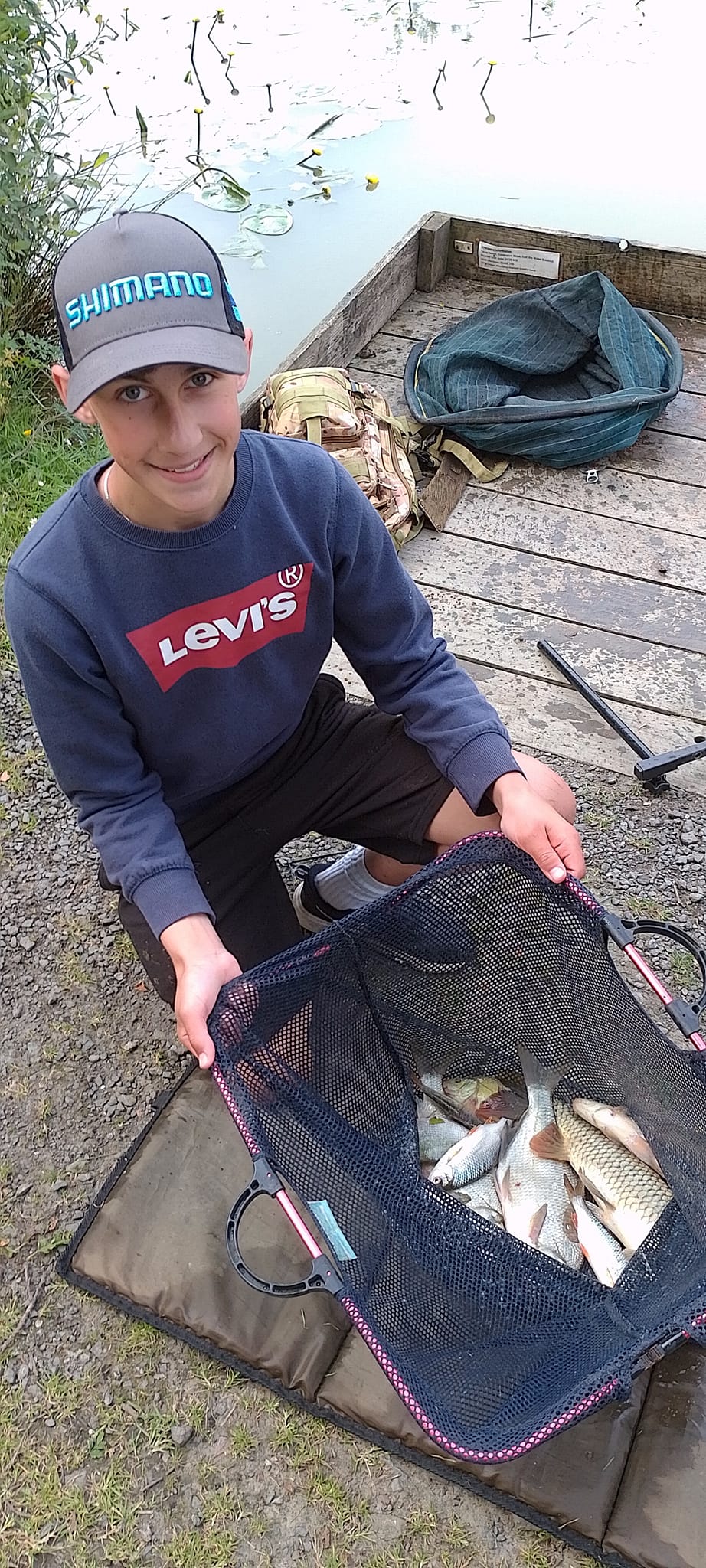
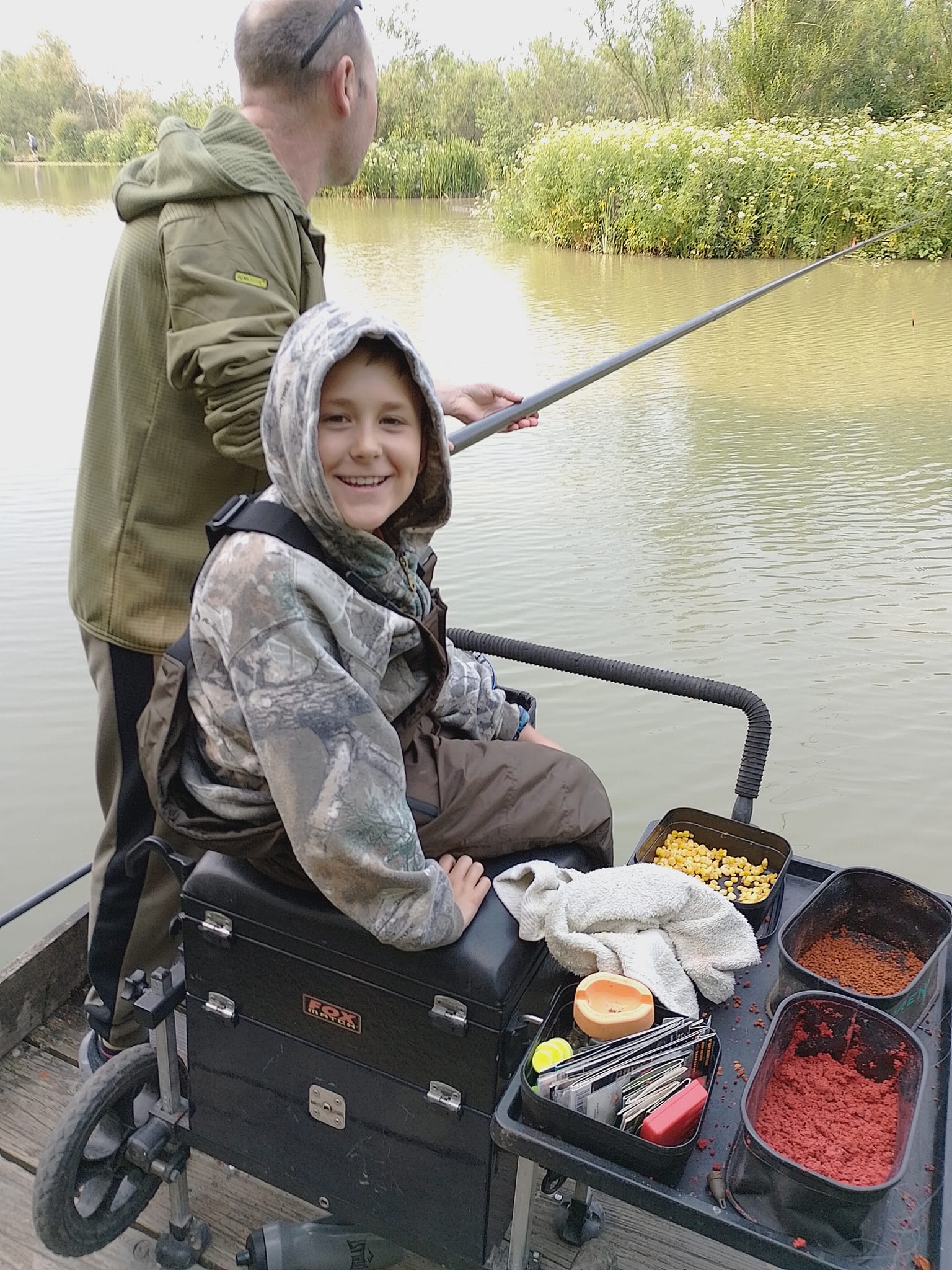
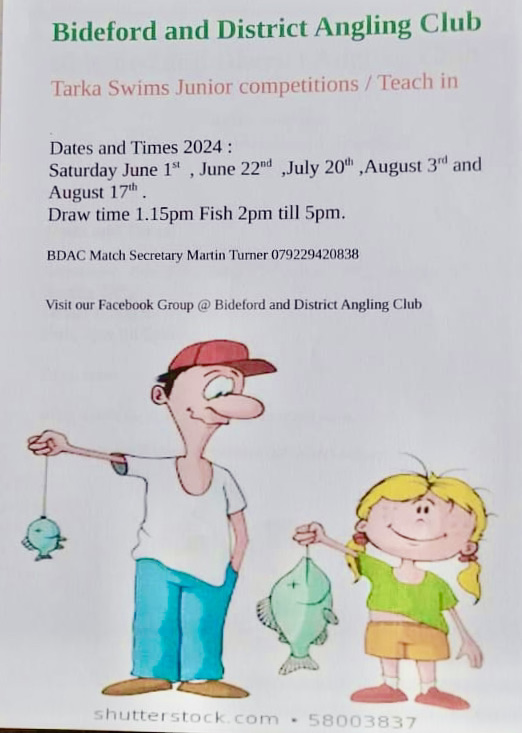



















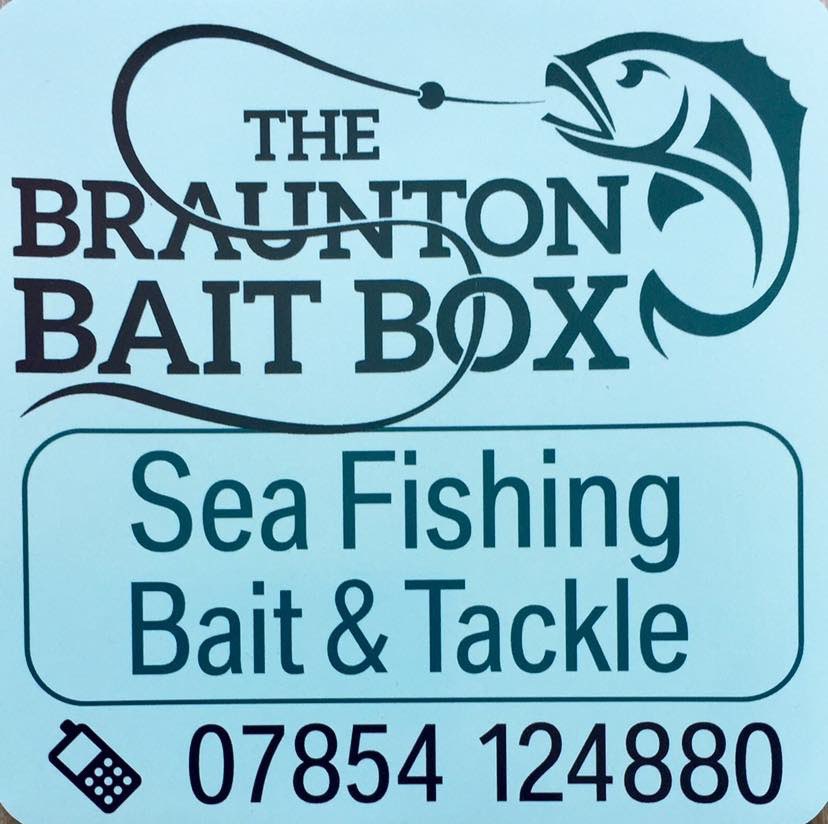
Chew Valley Lakes reputation was further enhanced this Spring with the capture of a British Record pike scaling 47lb 5oz. I have fished the lake on and off for over twenty years and enjoyed a mix of success and failure at the venue.
I joined my good friend Bruce Elston for a day with the fly rod. The weather forecast had looked good with a moderate North West Breeze and no rain. I arrived at the lake just after 9:00am and we chatted to fellow anglers as we loaded our gear onto the boat. It appeared that the fishing had been hard going. Undeterred we set out for our chosen area searching the water casting our big flies in ten foot of water. With a drogue controlling our drift we covered water at a steady pace.
There was suspended algae present in the water and visibility was not as good as on some previous visits. On the first drift we had a couple of follows and pulls which was encouraging.
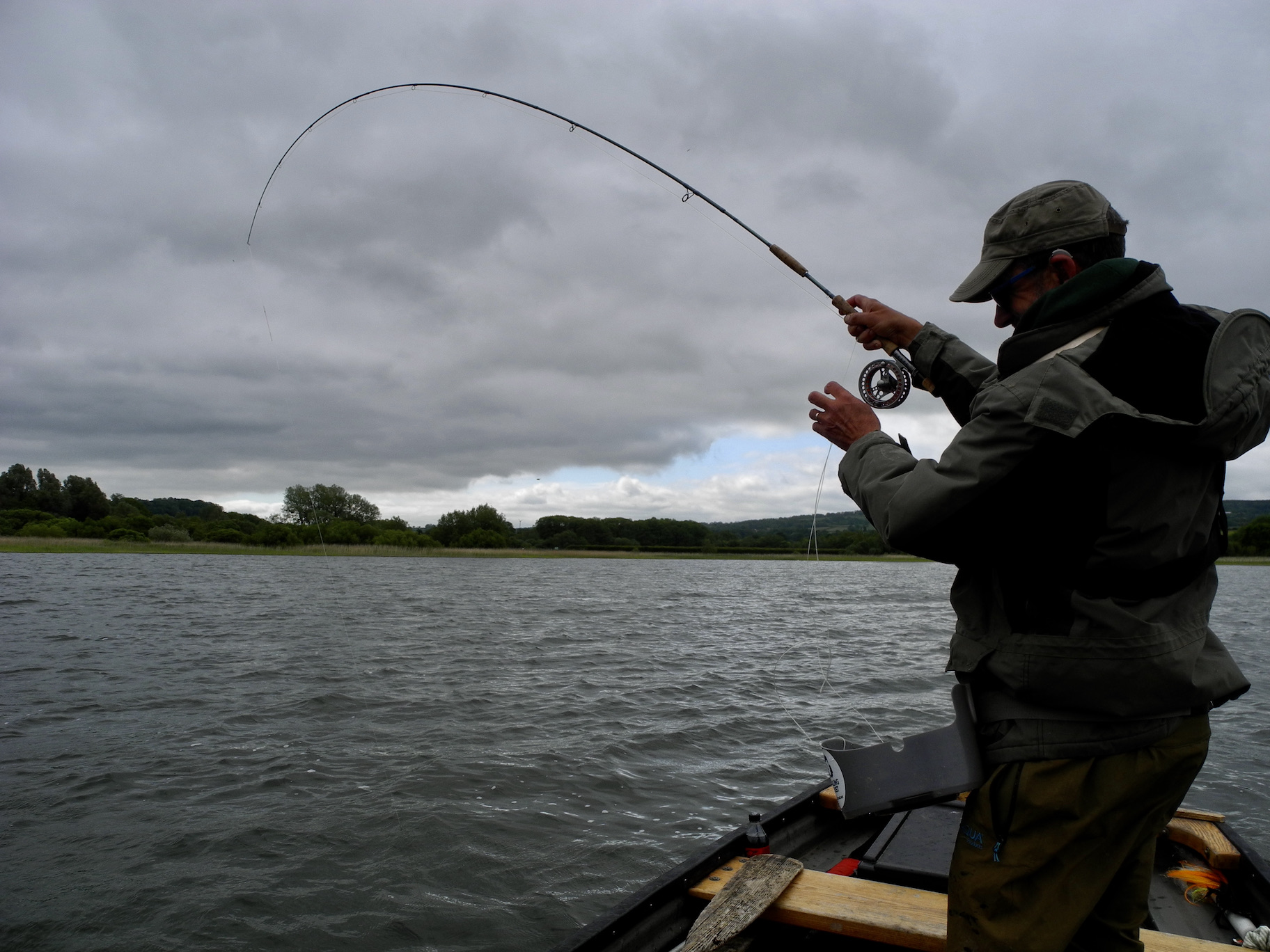
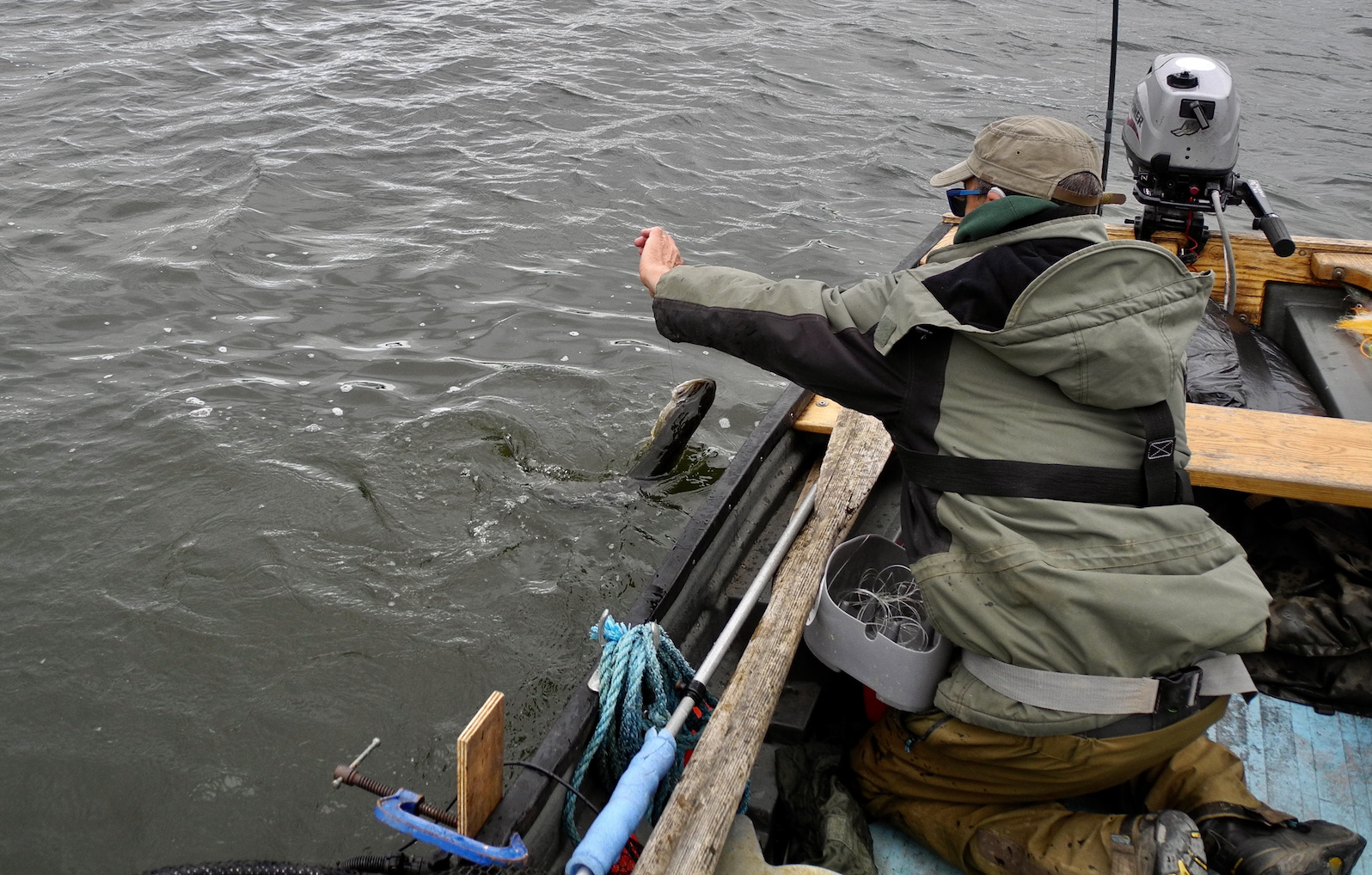
Next drift Bruce hooked into a jack of around 4lb which boosted our confidence. On the next drift it was my turn and I brought a jack of around 4lb to the boat nothing big but at least we were catching. The next couple of drifts resulted in a couple of missed takes and a micro jack for Bruce.
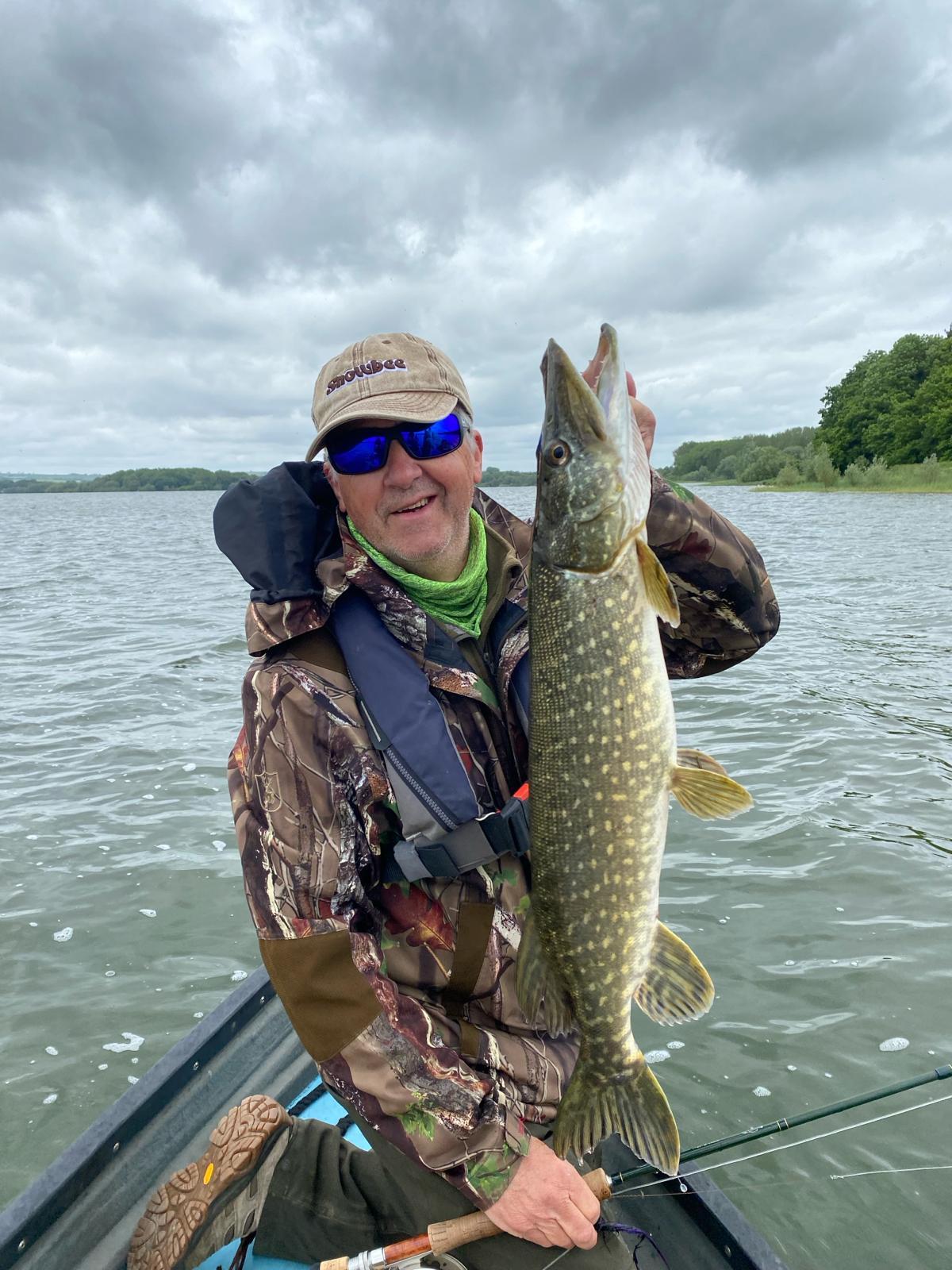
As the day raced past takes dried up as they often do during the afternoon. Hundreds of swifts were swooping over the water undoubtedly feasting upon insects. To our surprise throughout the day we saw only a couple of trout rising which for late May was perhaps a little strange.
With wind increasing and action non-existent we decided to head for shelter and enjoy an early evening snack. In a sheltered bay I lit the stove and fried up a dozen chipolata sausages. Bruce put out a team of buzzers whilst he waited for the culinary delight of a sausage sandwich.
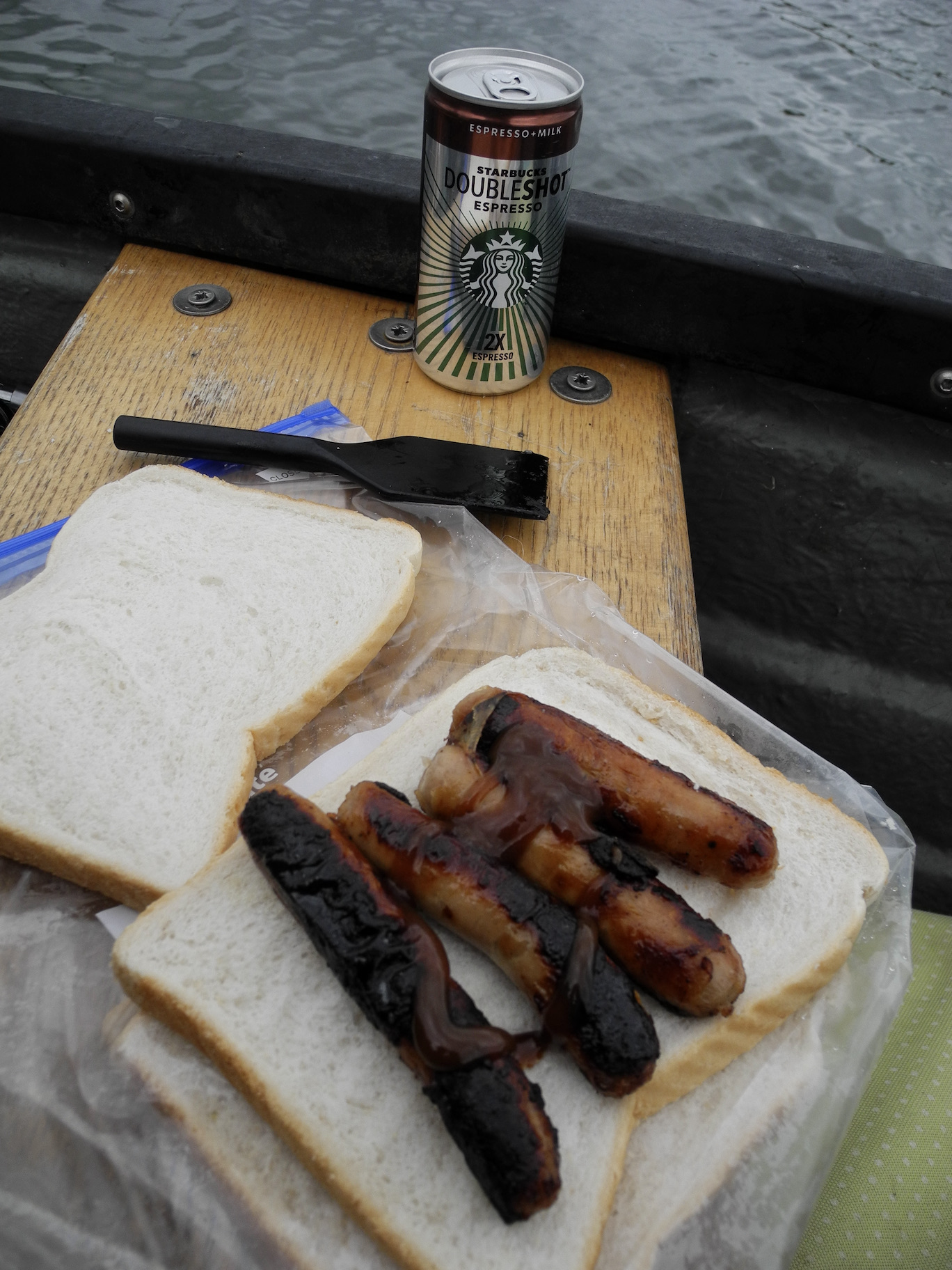
The sun broke through momentarily bathing the bay in evening light. We resumed our search for a while in the bay before once again heading back to the main expanse of the lake. I tempted another micro jack on one of Rodney Wevil’s bright orange scruffy tigers.
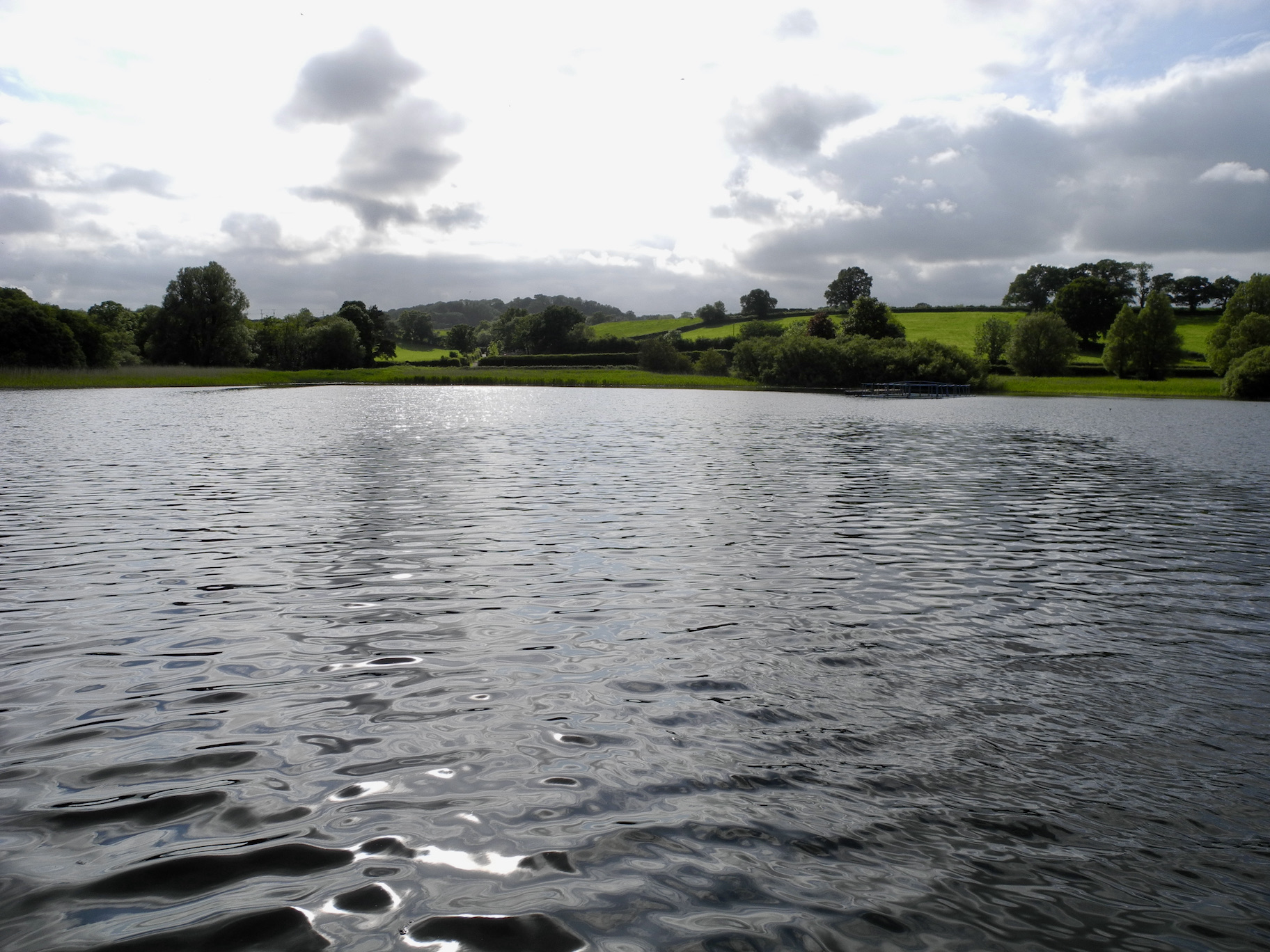
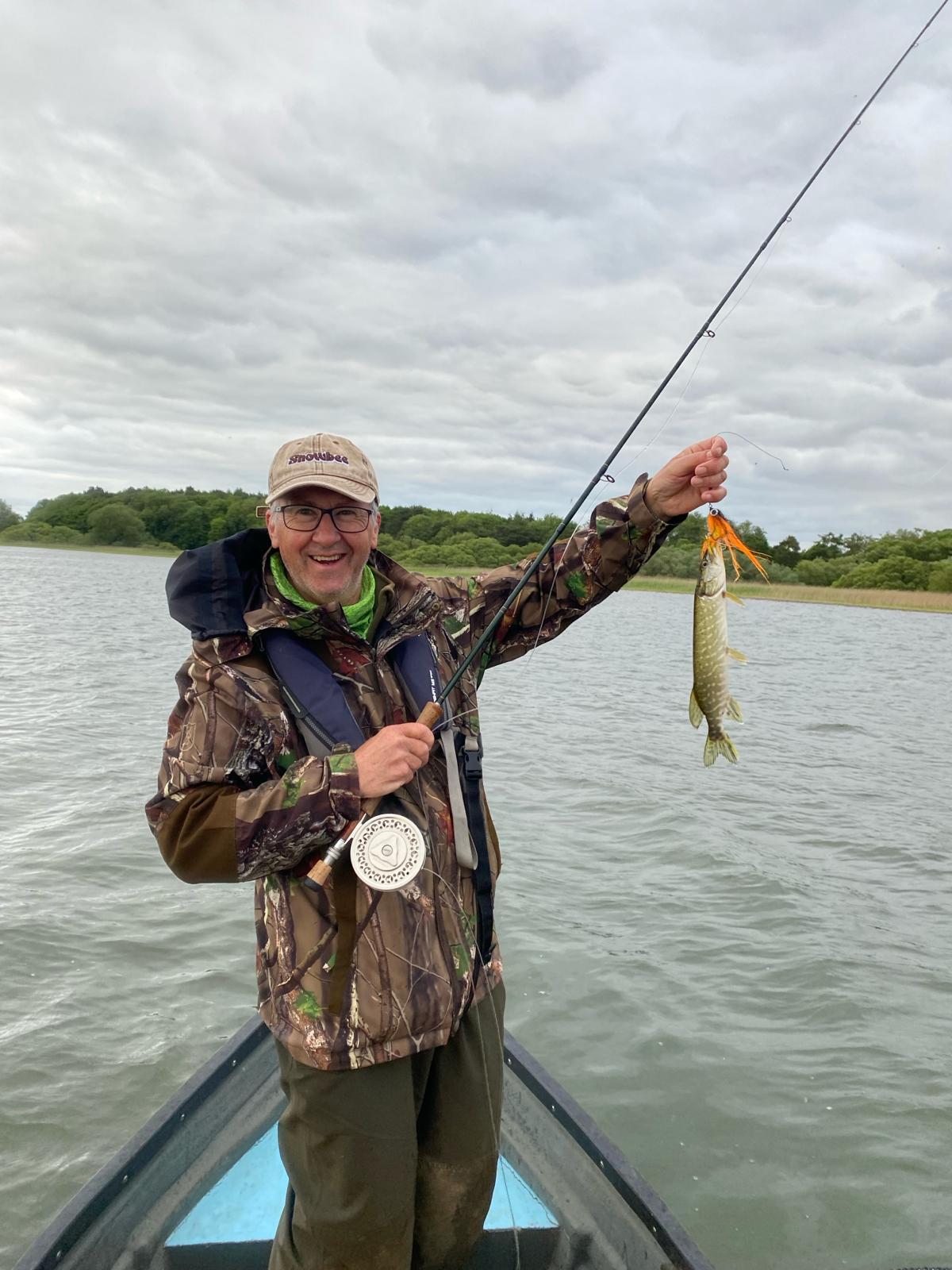
As the light faded from a late Spring day we had several last drifts eventually conceding defeat at 20:45.
We had made many casts during close to nine hours of fishing at a guess I reckon we notched up close to a thousands casts in the day.
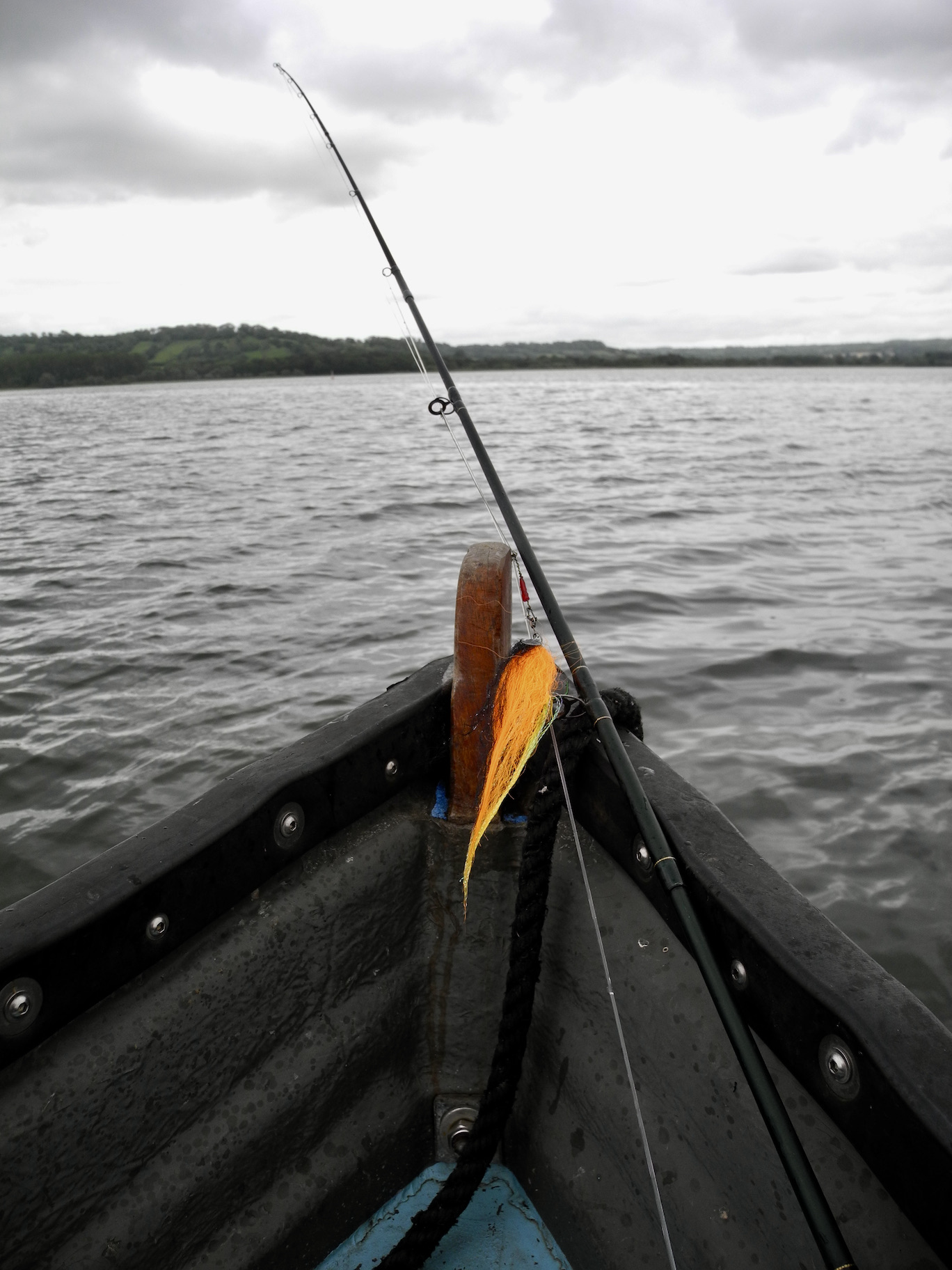
Chew Valley Lake can be hard; its draw is of course that the next cast could bring that fish of a lifetime. I was fortunate to catch that fish a couple of years ago so I know it can happen. Maybe next cast?
Pike fishing seems to follow a natural cycle with each year slightly different. There seems to be an explosion of micro jacks this year with a few very large fish and low numbers of medium sized pike. The lake is large however and will always hold mystery and just maybe another British Record. A fifty ?
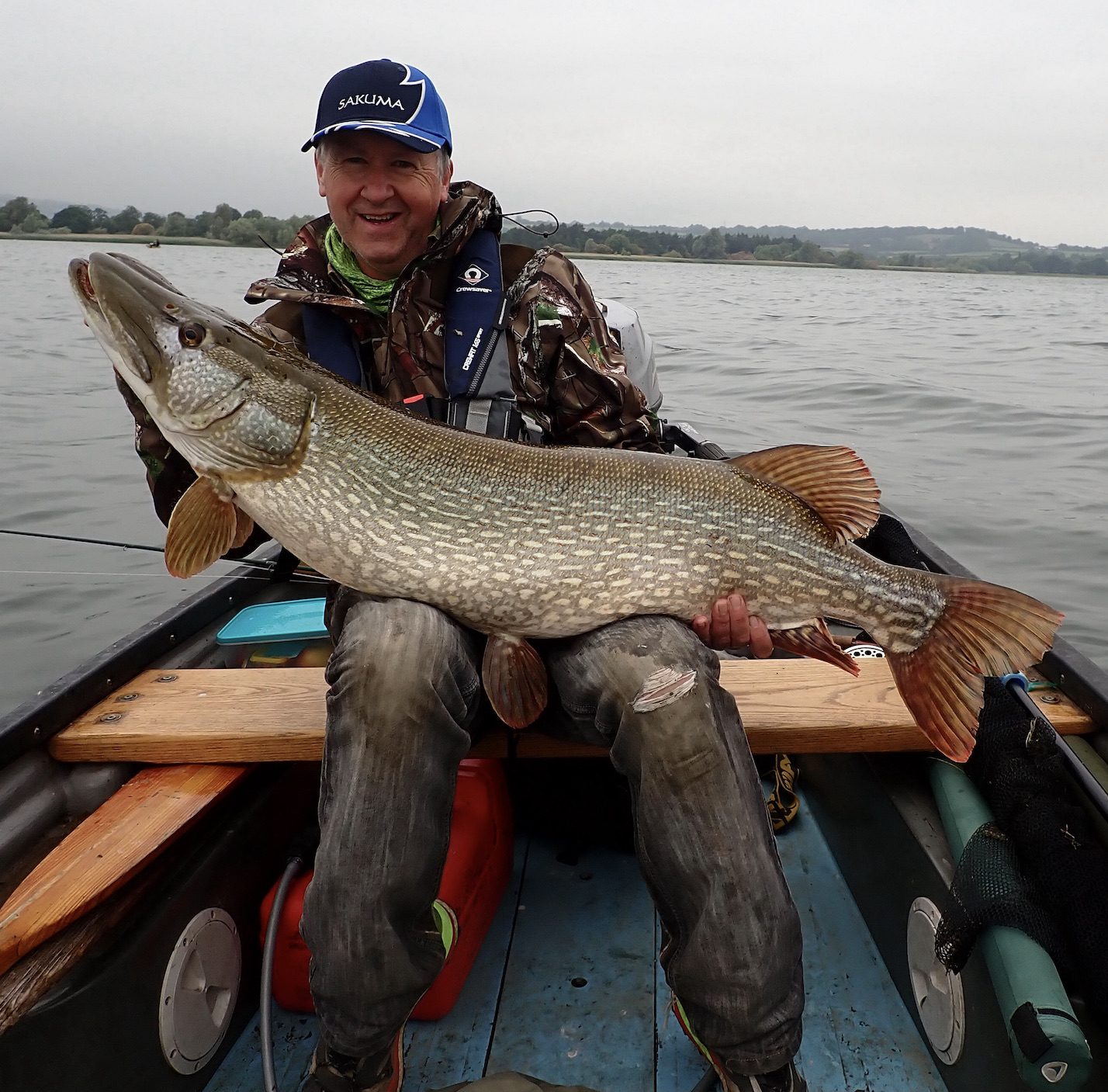
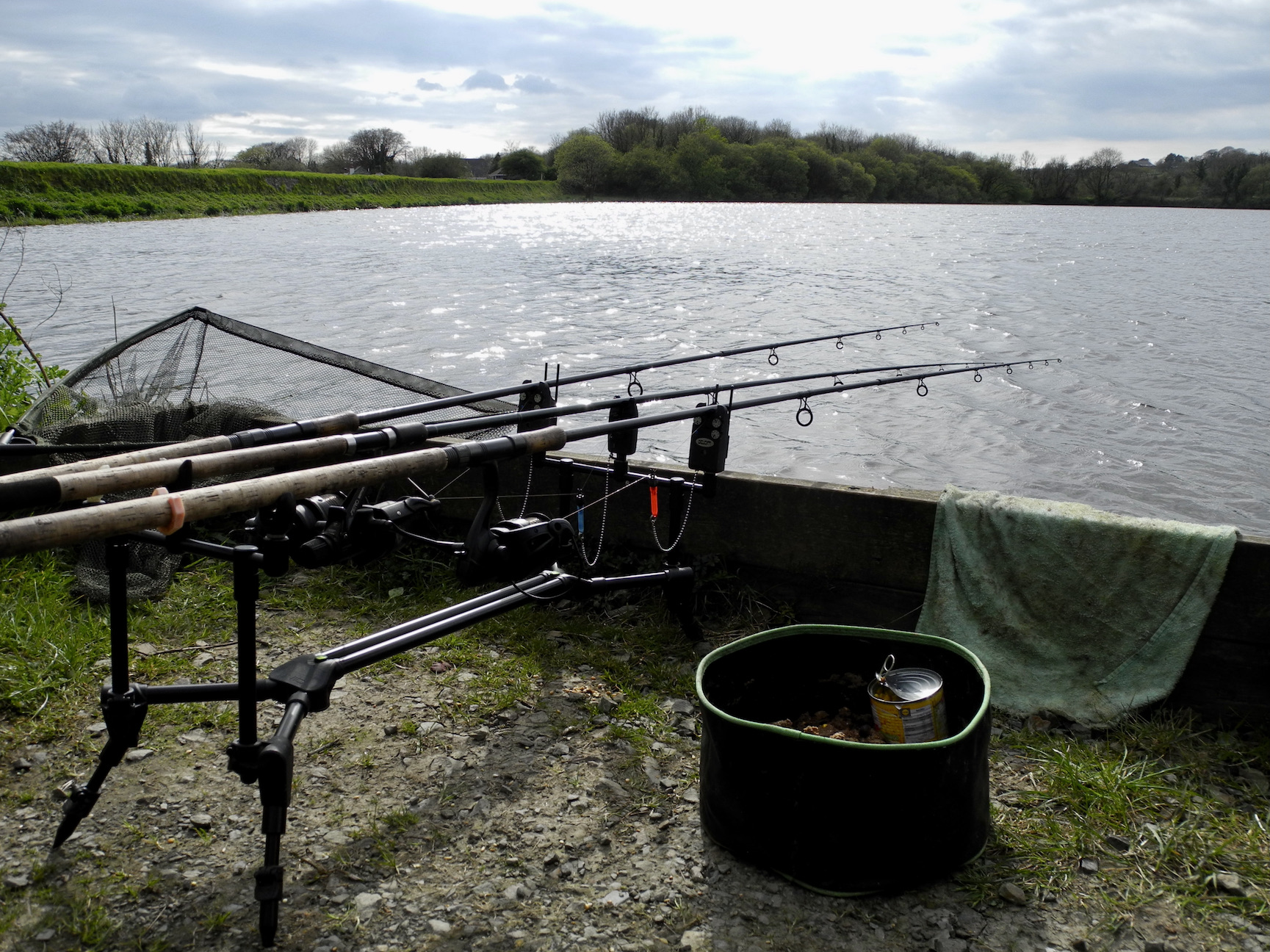 Strange game this fishing lark and angler’s fishy targets that vary considerably. Bream are a species that are loved by some and loathed by others. My own feelings on bream go back a long way and they are a fish I have mixed feelings for rather like eels. Small skimmers are slimy creatures only worth catching during match’s and a complete nuisance when targeting bigger fish. Eels are much the same with slimy bootlaces tangling the tackle whilst snatching bait offered to a more worthy specimen.
Strange game this fishing lark and angler’s fishy targets that vary considerably. Bream are a species that are loved by some and loathed by others. My own feelings on bream go back a long way and they are a fish I have mixed feelings for rather like eels. Small skimmers are slimy creatures only worth catching during match’s and a complete nuisance when targeting bigger fish. Eels are much the same with slimy bootlaces tangling the tackle whilst snatching bait offered to a more worthy specimen.
Big eels and big bream are both worthy targets that hold a spell over a dedicated hard core of specimen anglers. The dedicated tunnel visioned carp angler view both species as vermin cursing at the hooking of either species regardless of its specimen proportions. A bream or eel that would be a fish of a lifetime to some anglers is tossed back without weighing by many carp fanatics.
Big bream have eluded me over the years and they are not a species I have targeted to any great extent. I have caught bream to over 8lb from Hatchett Pond in Hampshire under the guidance of a good friend twenty five years or so ago and I once tempted a 7lb bream from the tidal Exe whilst fishing for carp.
Recent seasons I have heard many reports of the big bream that reside in Lower Tamar Lake. At first I tended to treat these reports from carp anglers with a degree of scepticism when they told me of bream well over ten pounds that they had caught but not bothered to weigh.
My sceptical nature on this occasion proved to be wrong as more pictures started to appear of big bream that had been weighed several of them well over ten pounds.
These specimen bream were on my list of target species yet time as always seems an issue as I spend my time pursuing many fish and balancing this with family, home life and a little work.
My first trip after bream was back in May 2021 when I enjoyed a session banking one nuisance carp of 19lb 4oz! I jest for in truth I am pleased to catch anything that bends the rod and a 19lb carp is far better than a blank.
The bream remained on my bucket list but for one reason or another I didn’t get back to them until earlier this year when I persuaded my good friend Bruce Elson to join me at the venue. Bruce had already achieved his target of a double figure bream after just two trips.
The night before the trip I picked up a couple of books from my bookshelf and flicked through the pages looking for a few nuggets of info regarding specimen bream fishing. Renowned specimen anglers talked of long sessions and many blanks chasing specimen bream. Judging by the efforts of these anglers and the results I was hearing about it was obvious that Lower Tamar is an exceptional venue for specimen bream.
In late April Bruce and I lugged our barrows full of gear to what had proved productive swims on the lake. We talked tactics and I noted Bruce’s approach. We had pulled straws to select swims and Bruce assured me that my swim was a cracker as was his.
Last year I had fished Roadford Reservoir during the carp removal project and purchased a sack of pigeon conditioner a renowned particle bait for carp. I had cooked this up and added a tin of sweetcorn and a few pellets. I spodded the best part of a bucketful out the suggested number of wraps. Strange how carp anglers have now created a language of their own. Twenty years ago I would have looked puzzled if someone told me they were fishing at 15 wraps.
In old terms this was about 60 metres.
This spodding out of bait is a bit tedious and took close to an hour. We had arrived shortly after midday and it was late afternoon before the baits were in place and the bivvy assembled. Time to make a cup of coffee and sit back.
We didn’t expect much action until after dark so when Bruce called me over to his swim well before darkness I was surprised. I stood waiting at his side as he reeled in a fish that was undoubtedly a big bream. The sight of the bronze flanks as it appeared were certainly impressive. At 9lb 5oz it was an encouraging start.
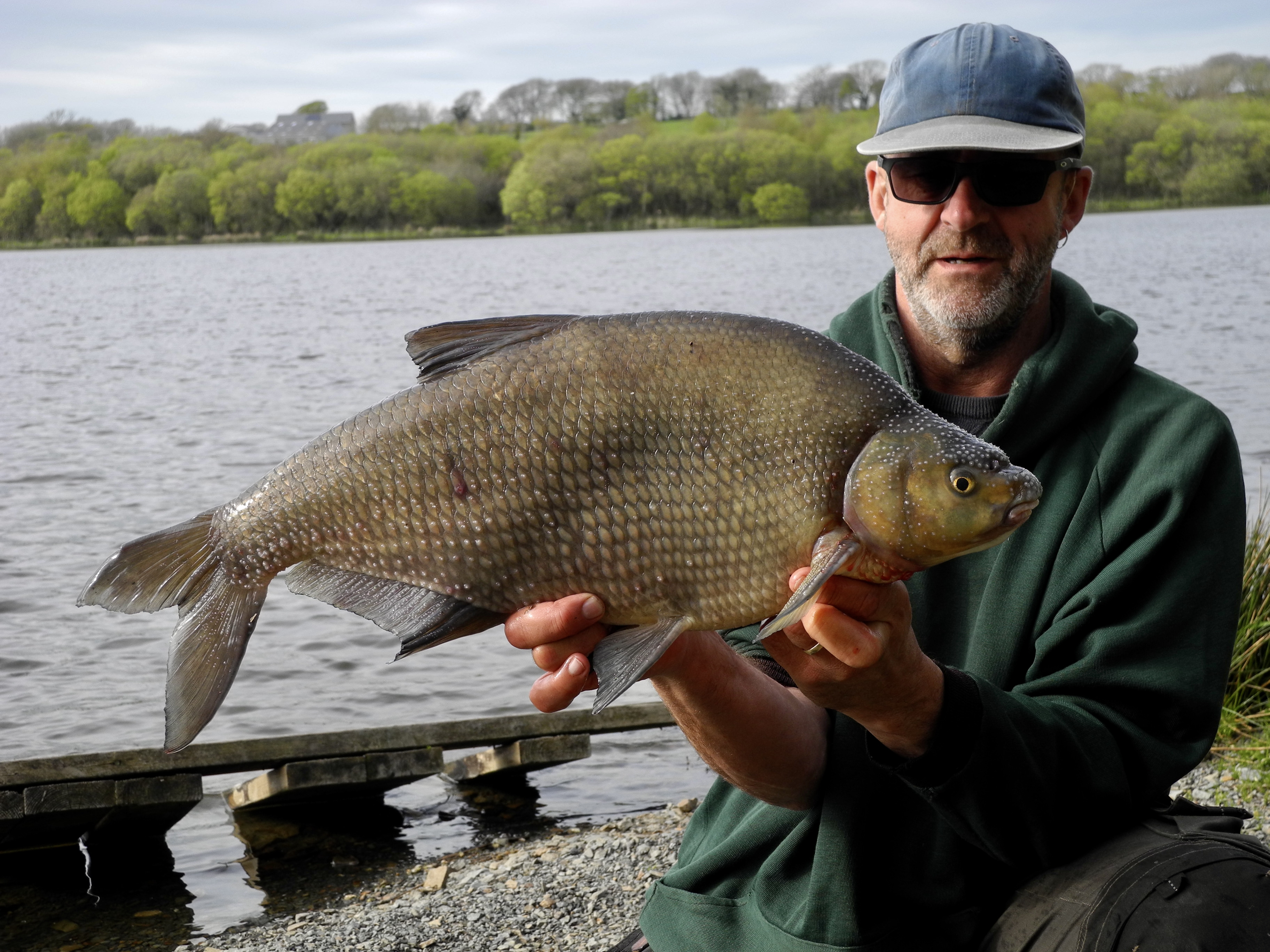
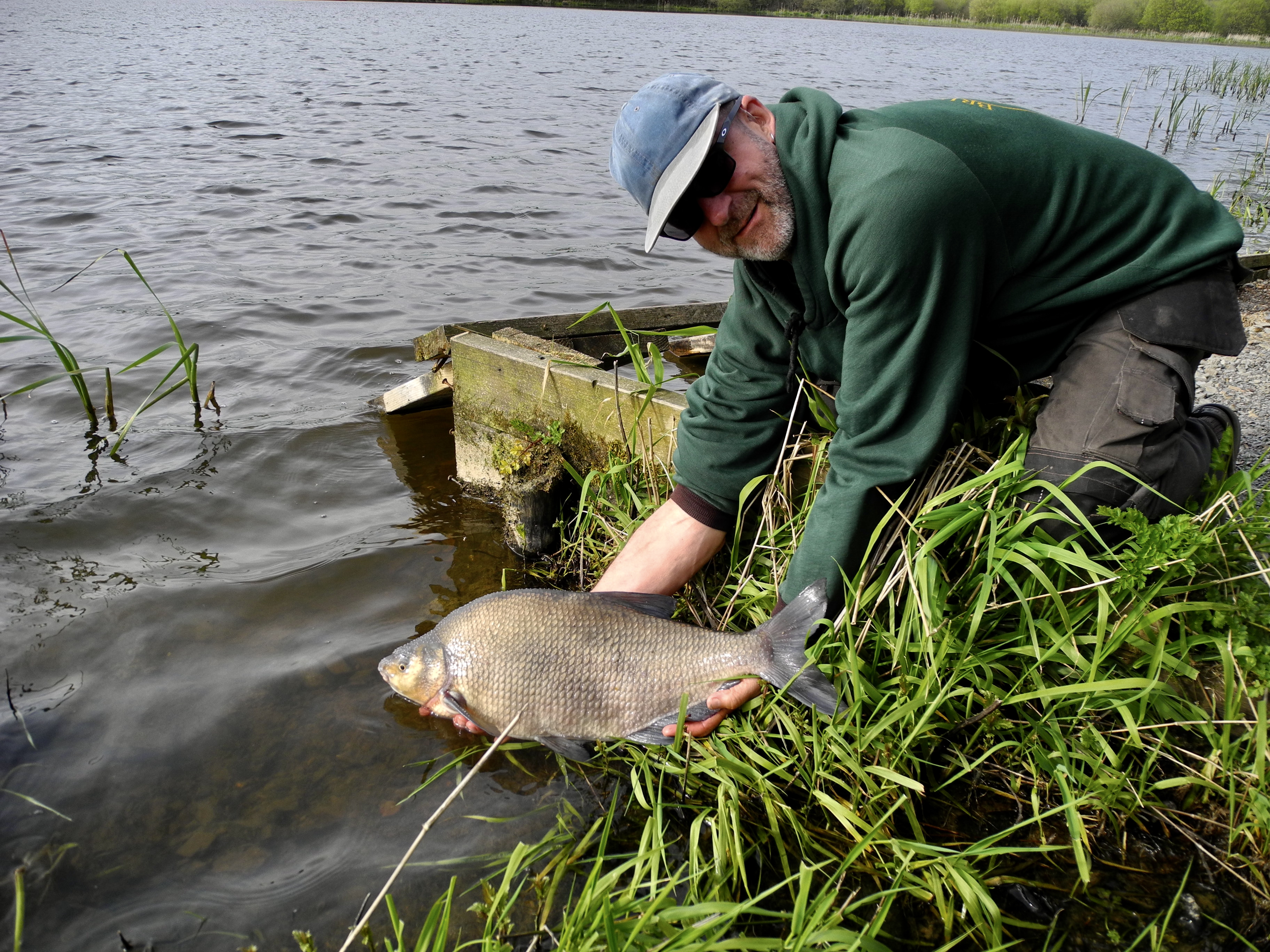
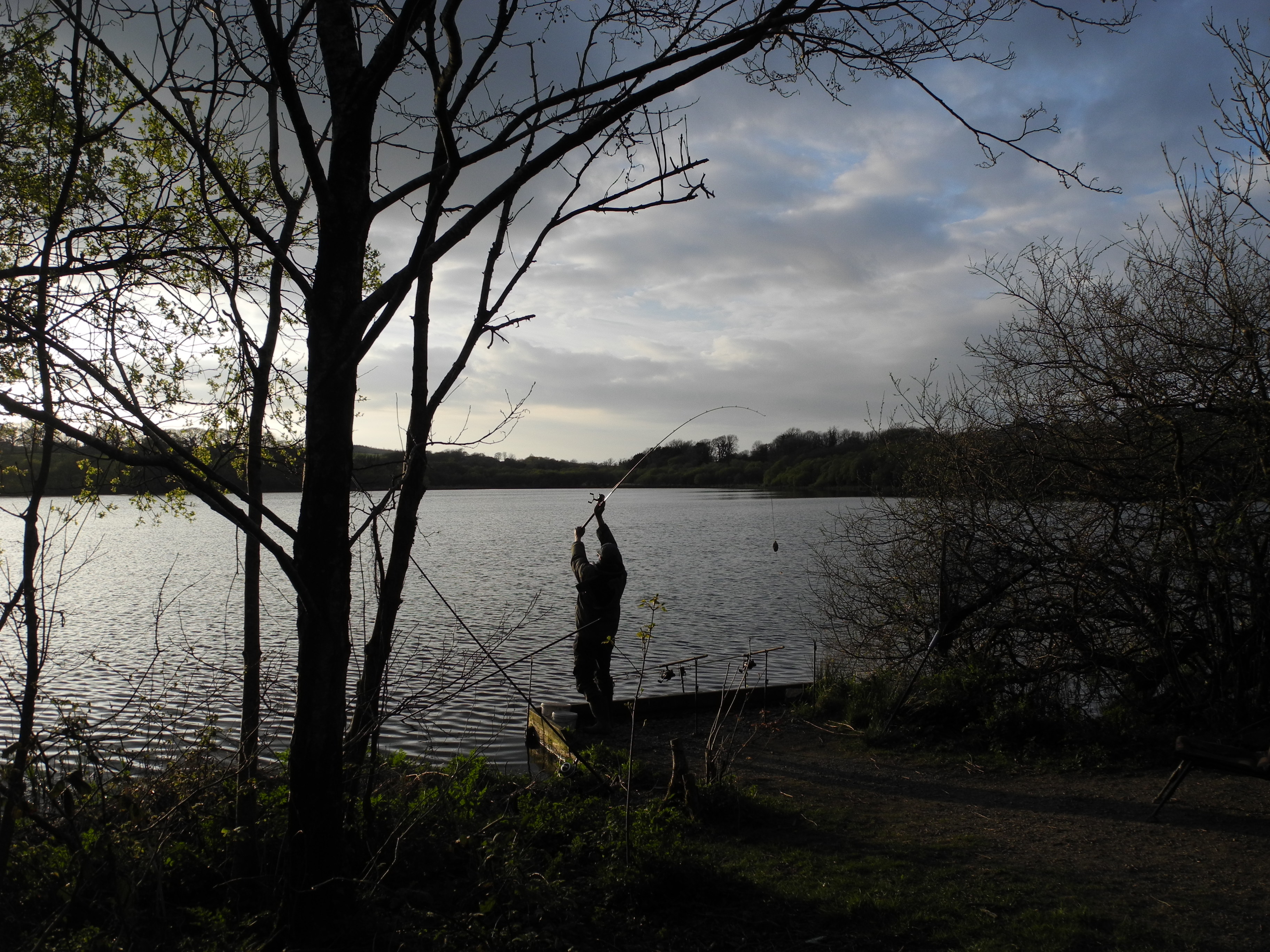
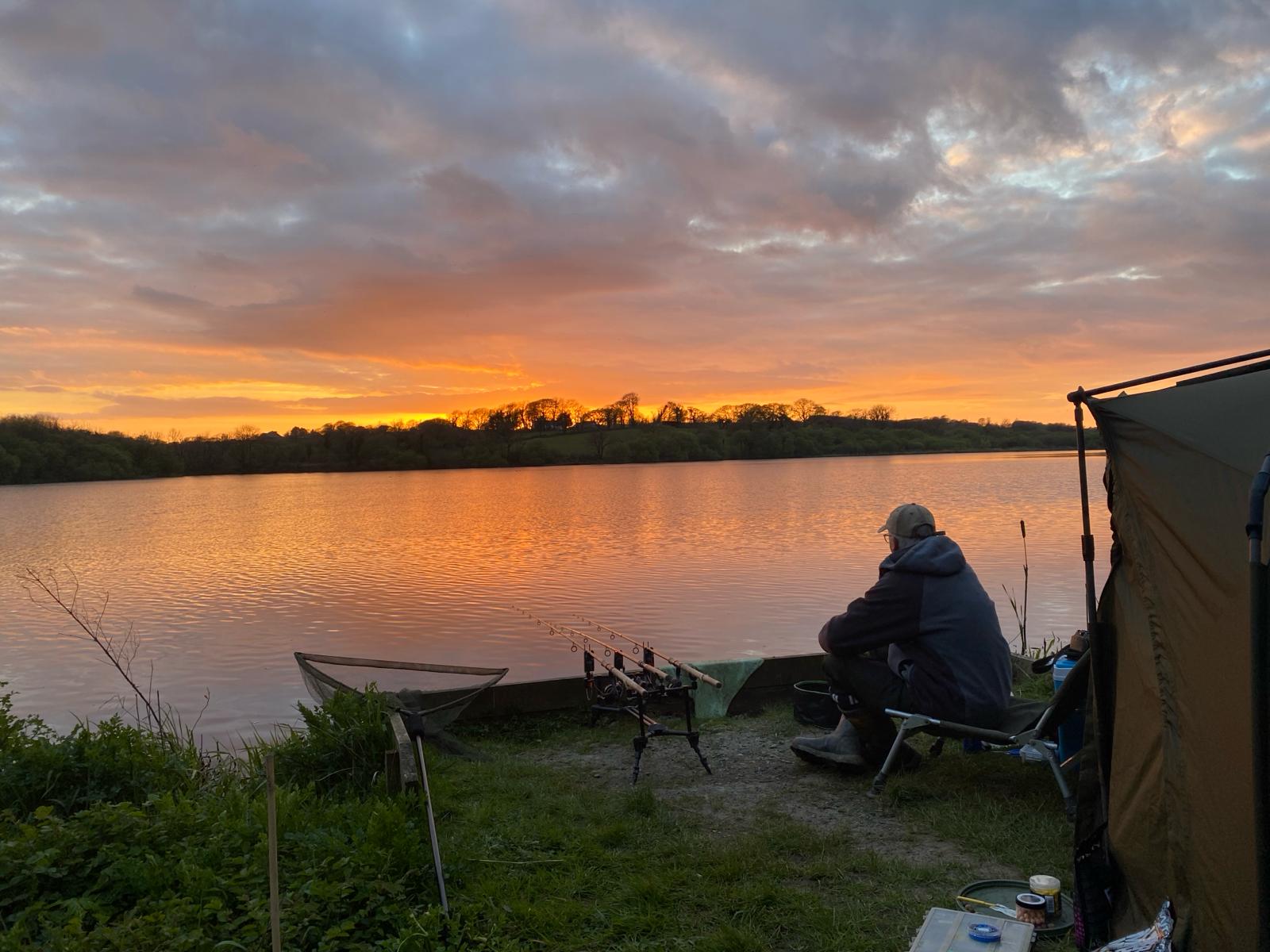
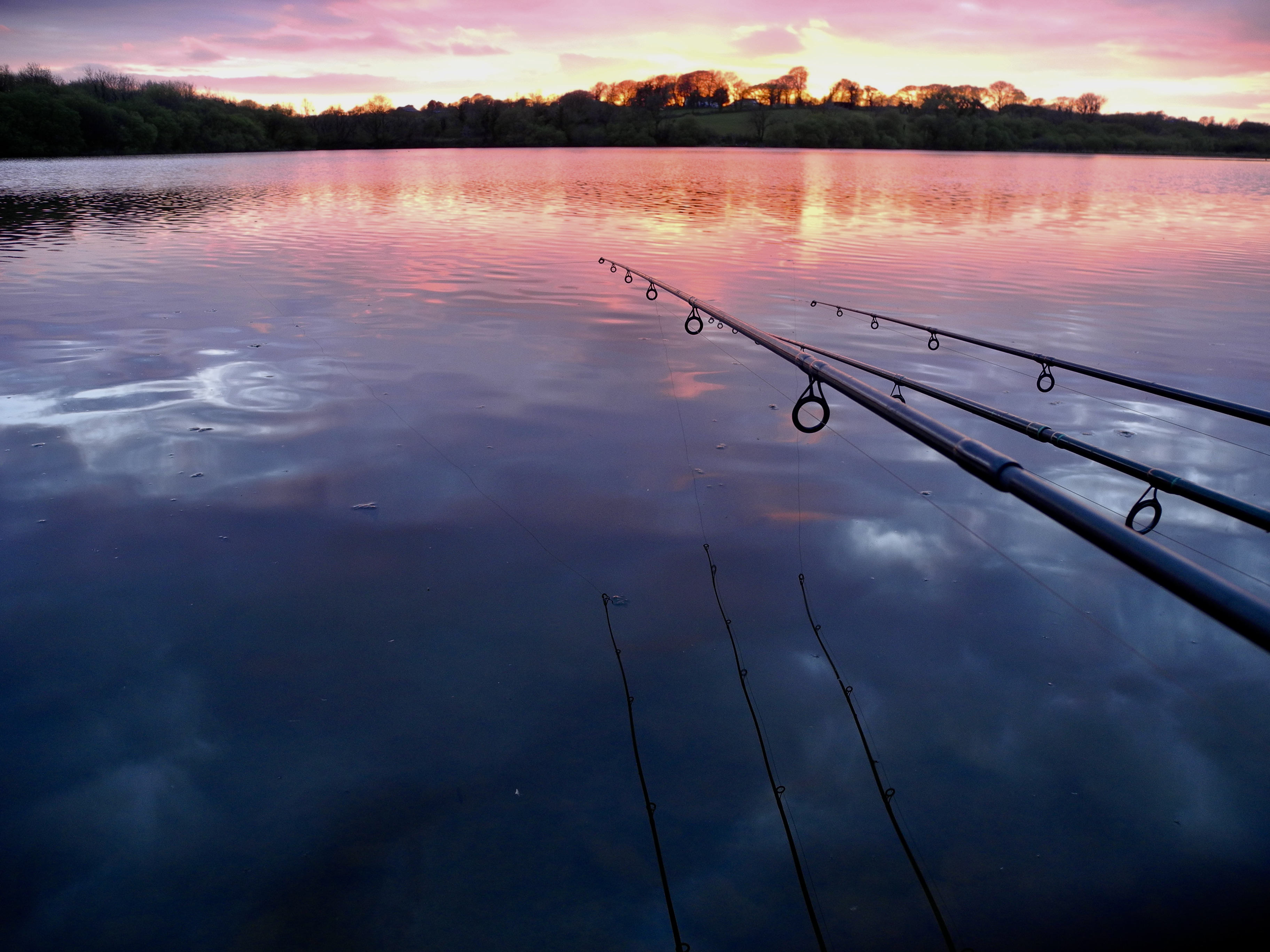
Shortly after dark Bruce’s call came again and this time it was a truly special fish. I slipped the net under a real slab weighing an impressive 13lb!
This set the pattern for the night as Bruce woke me periodically to show me bronze flanked bream weighing 9lb 13oz, 9lb 1oz, 12lb 1oz and 11lb 4oz. And a small eel…. A breamers dream session!
I must have had some sleep for I awoke just before 6.00am and recast my rods. Not a bleep all-night.
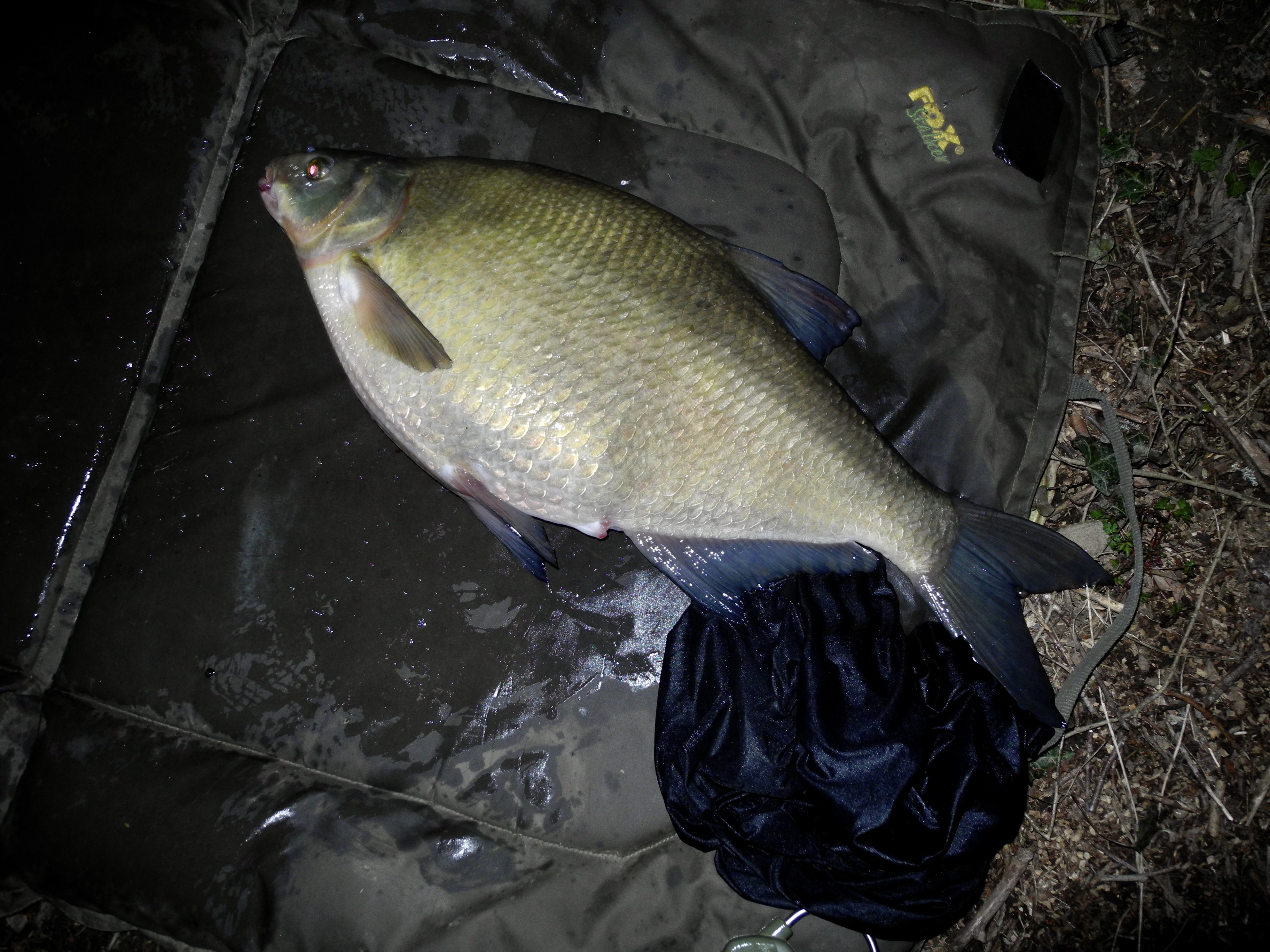
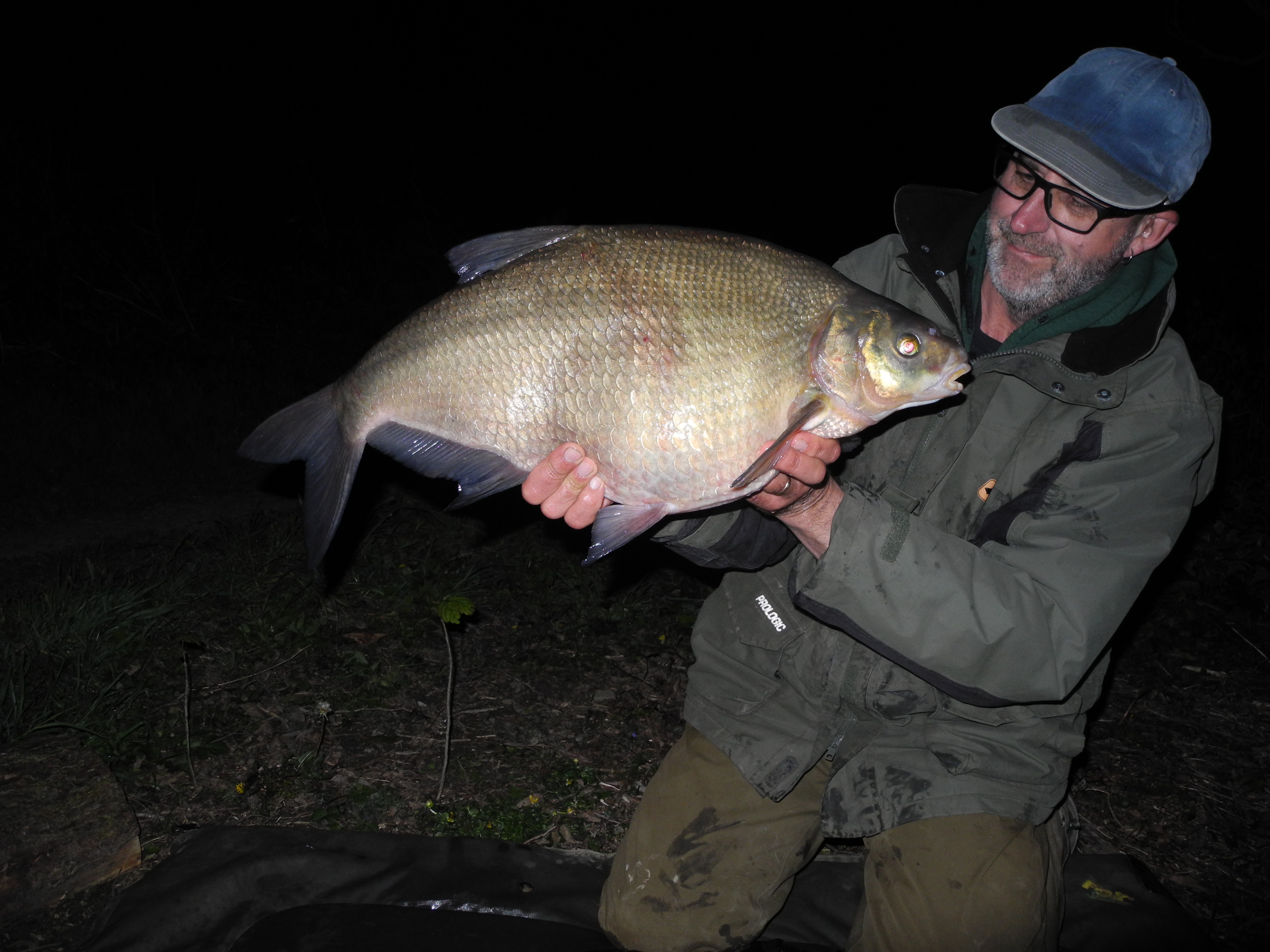
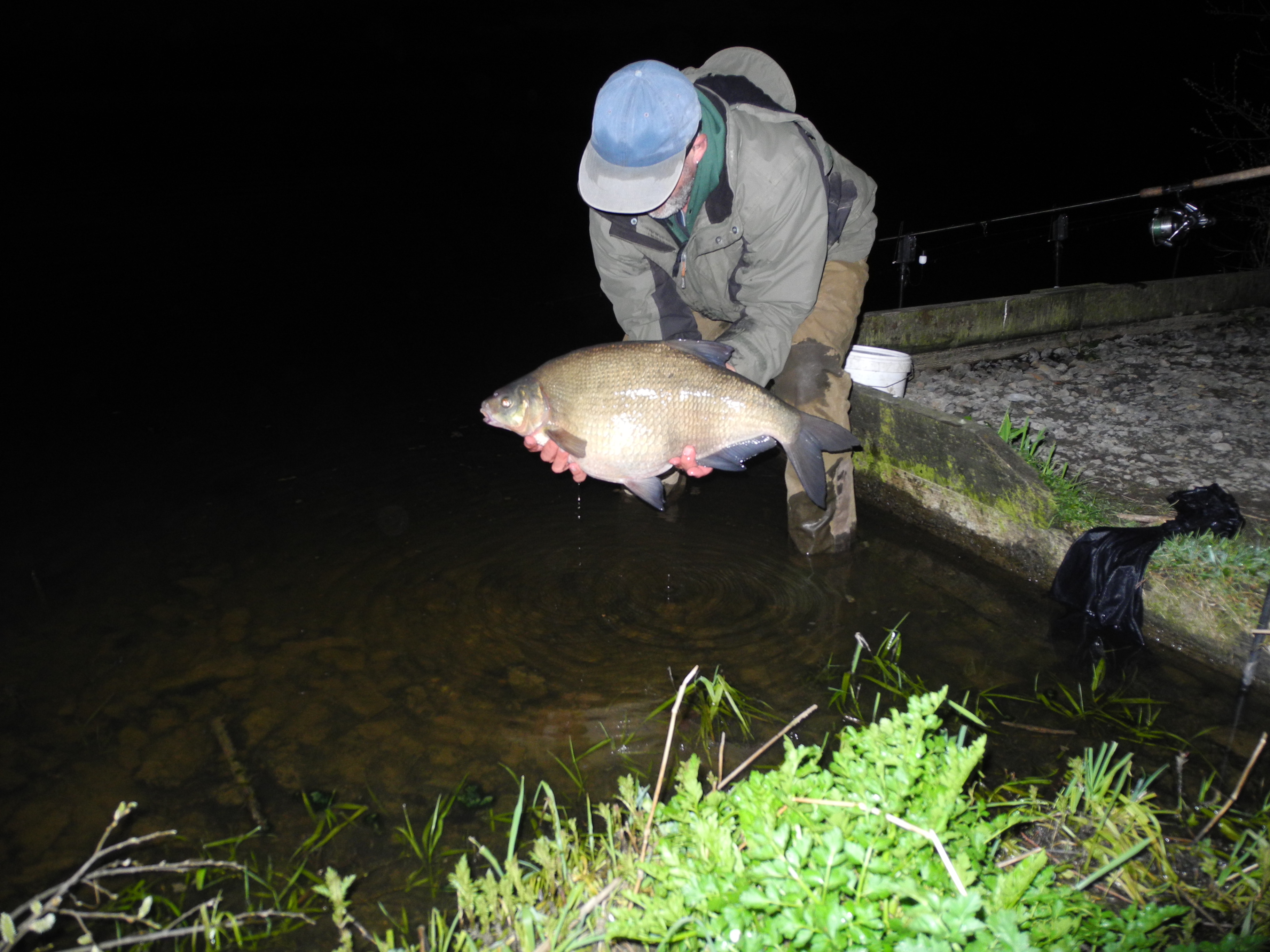
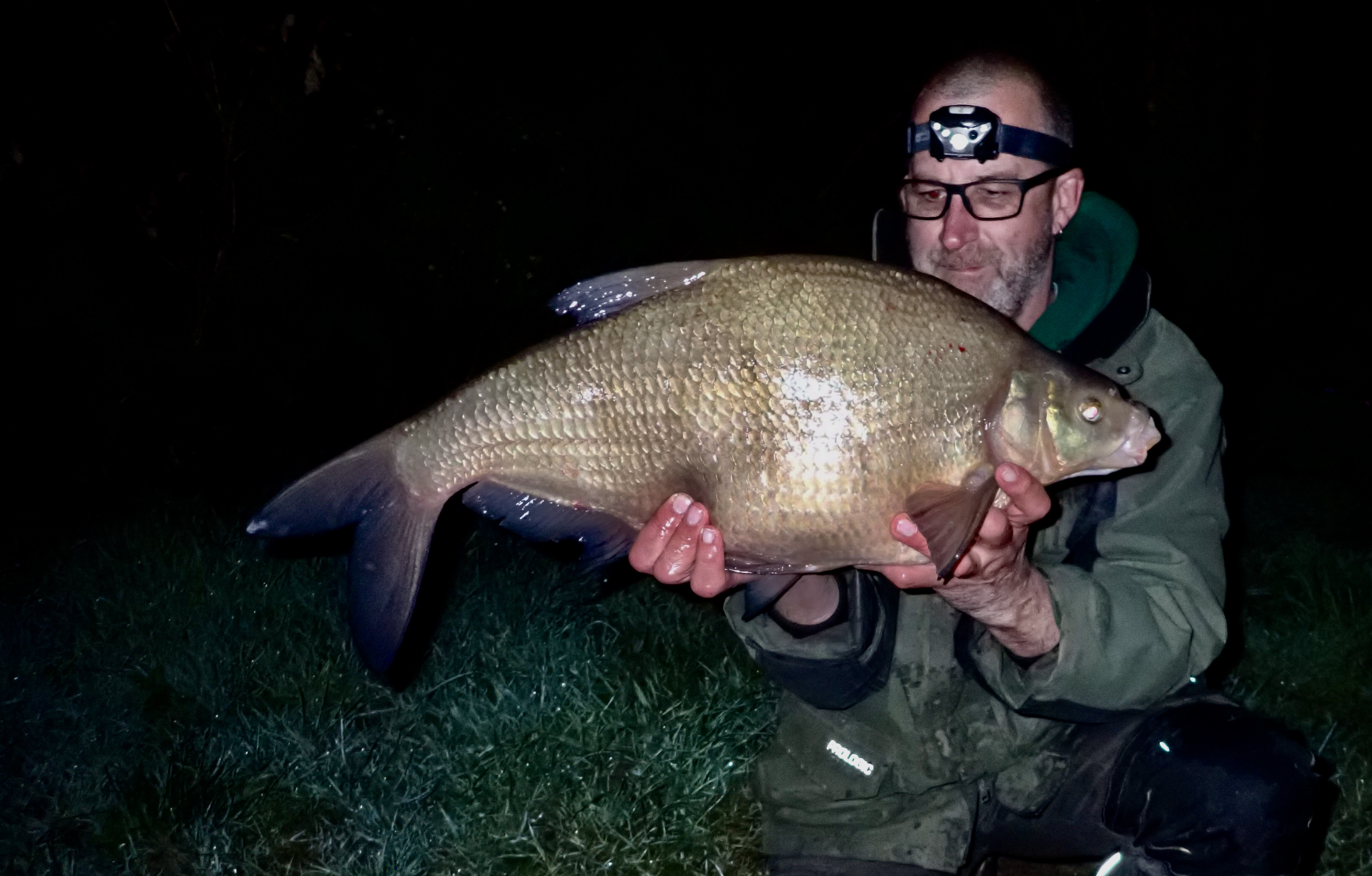
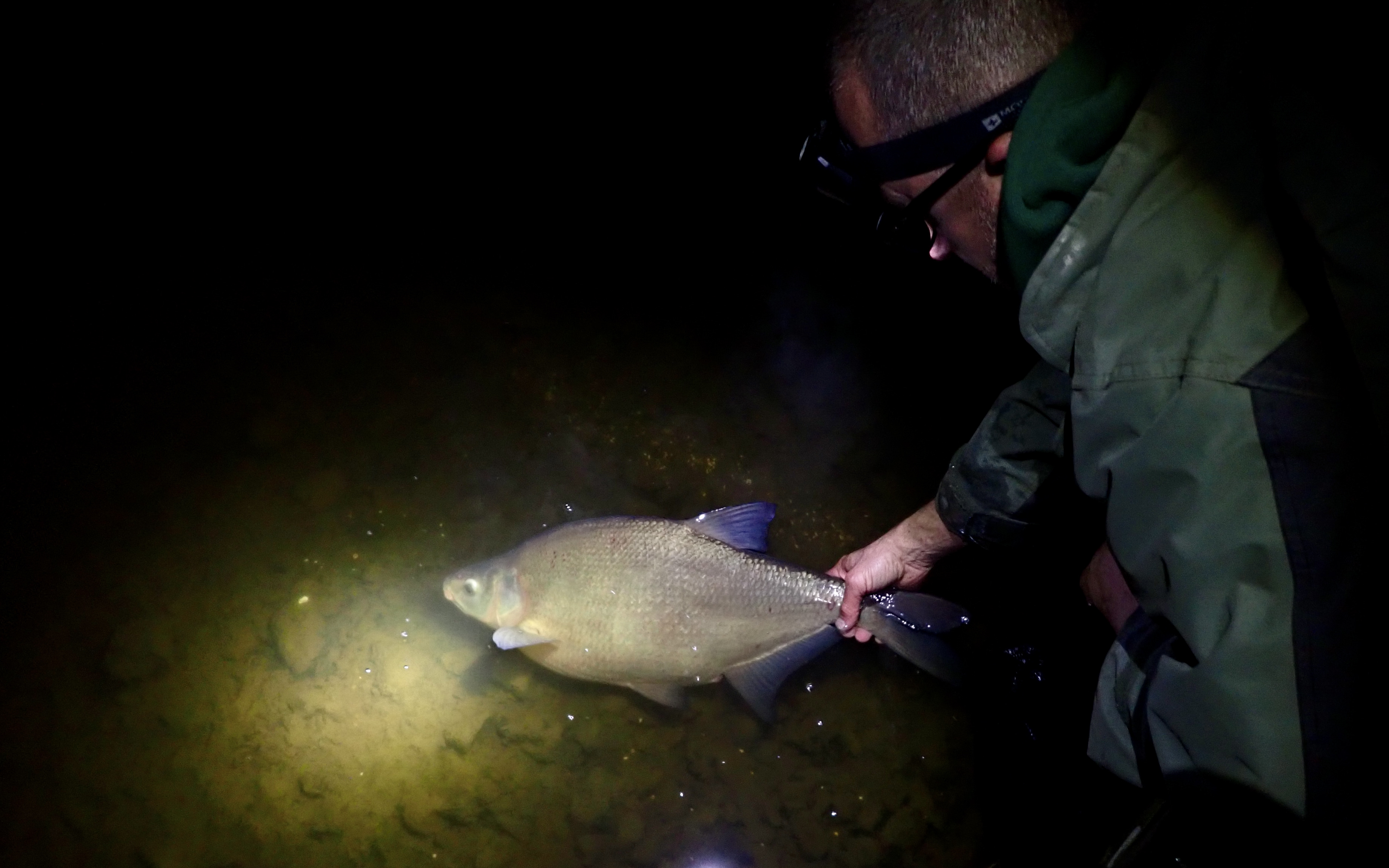
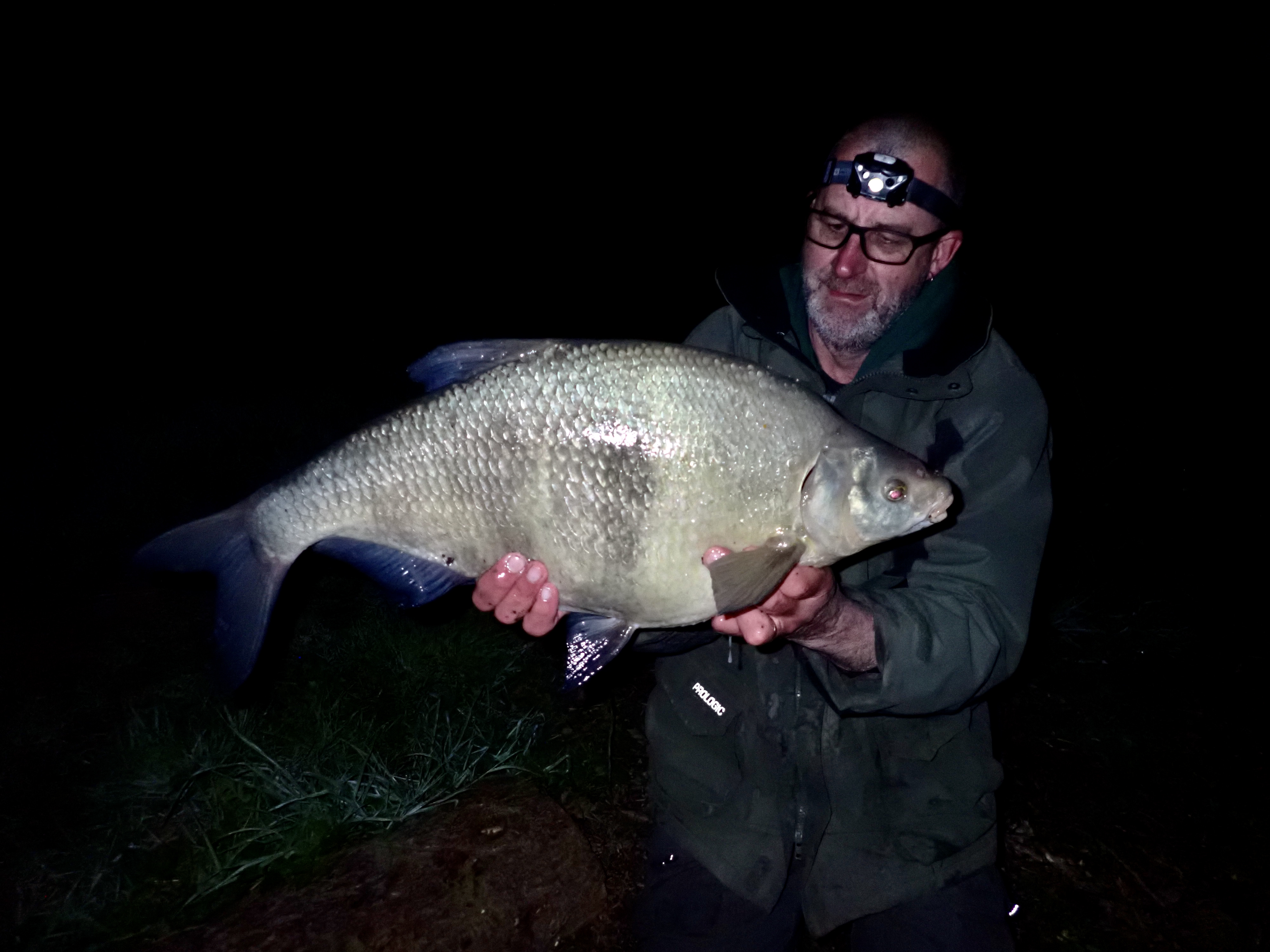
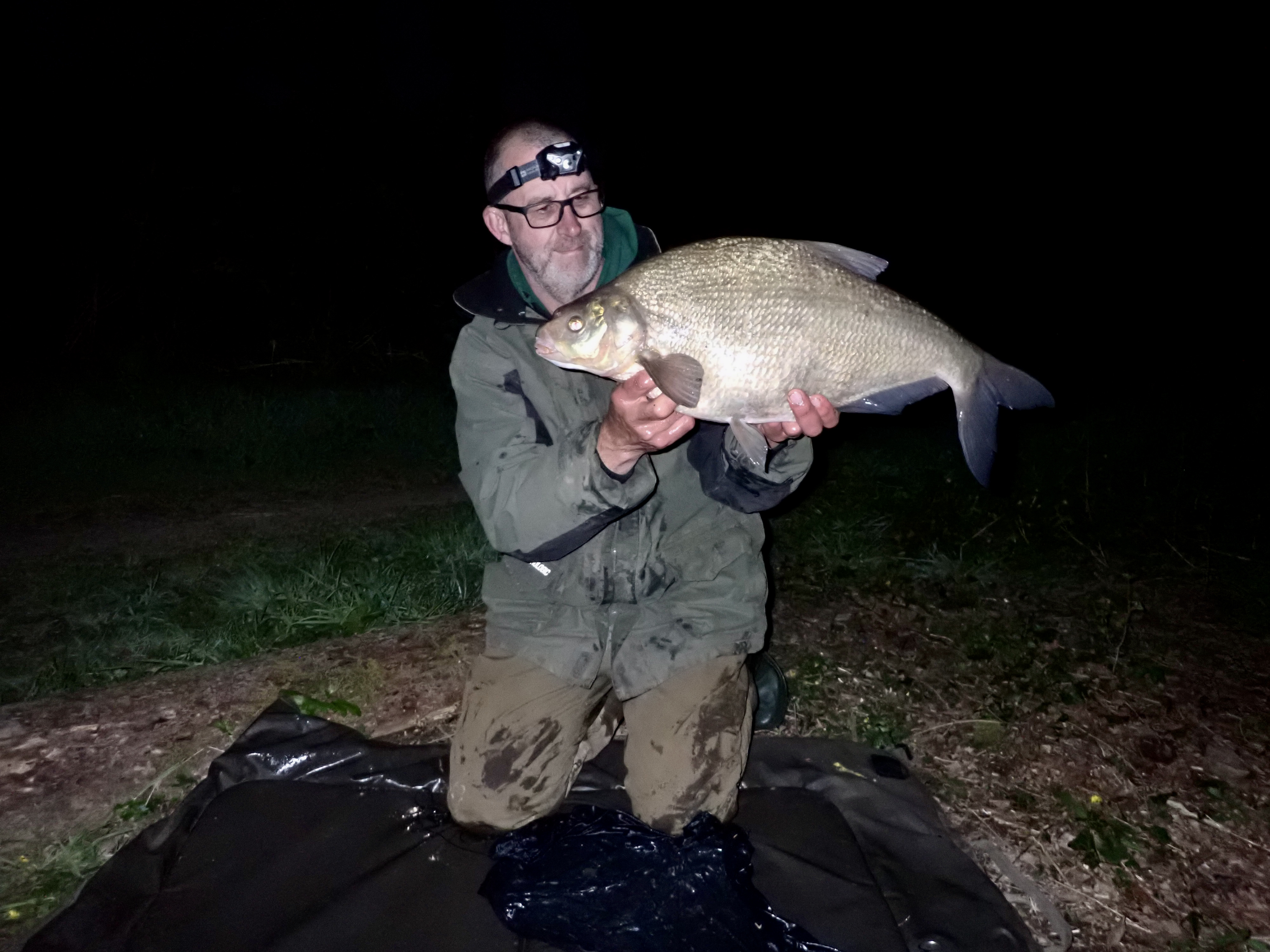
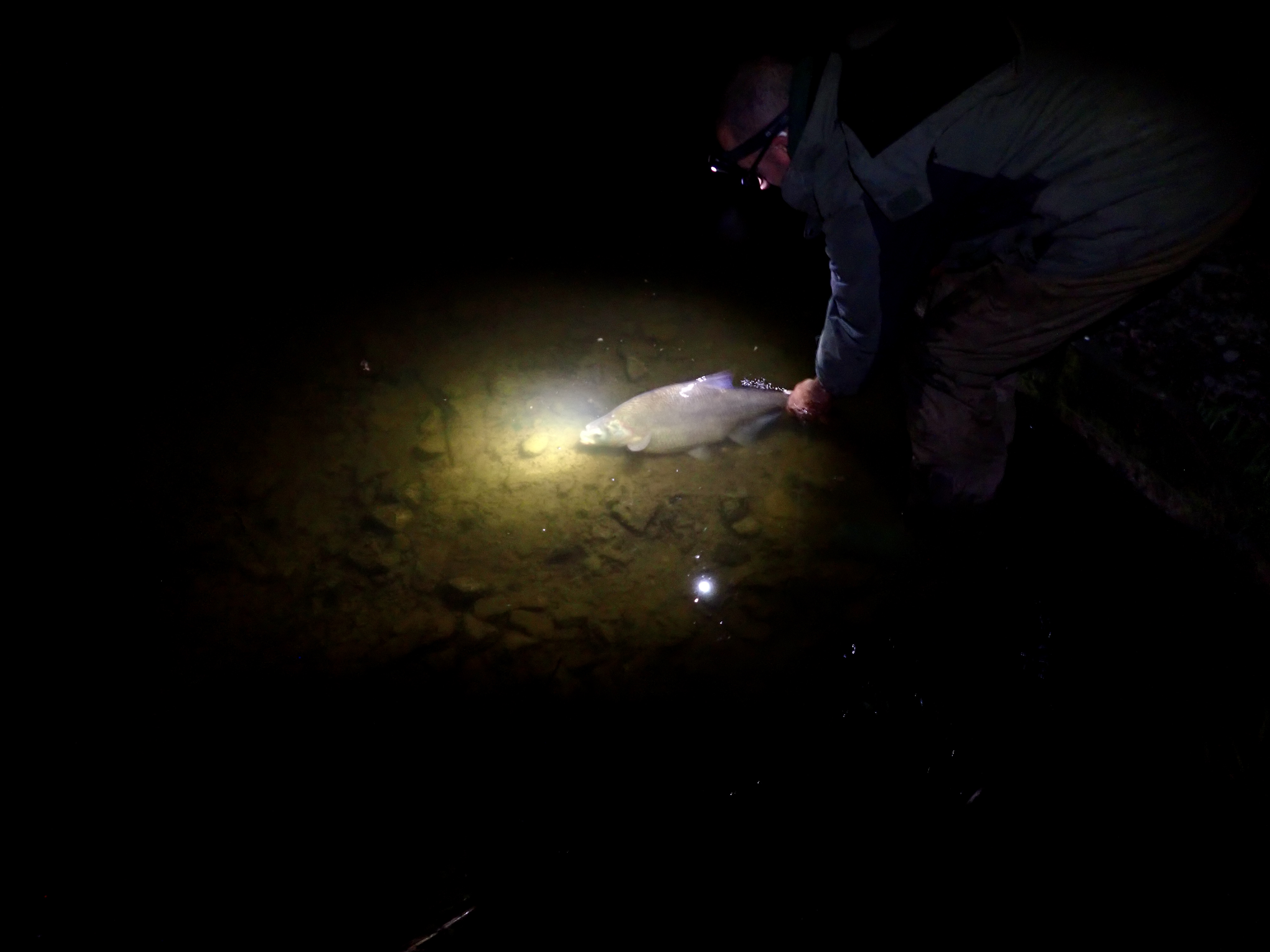
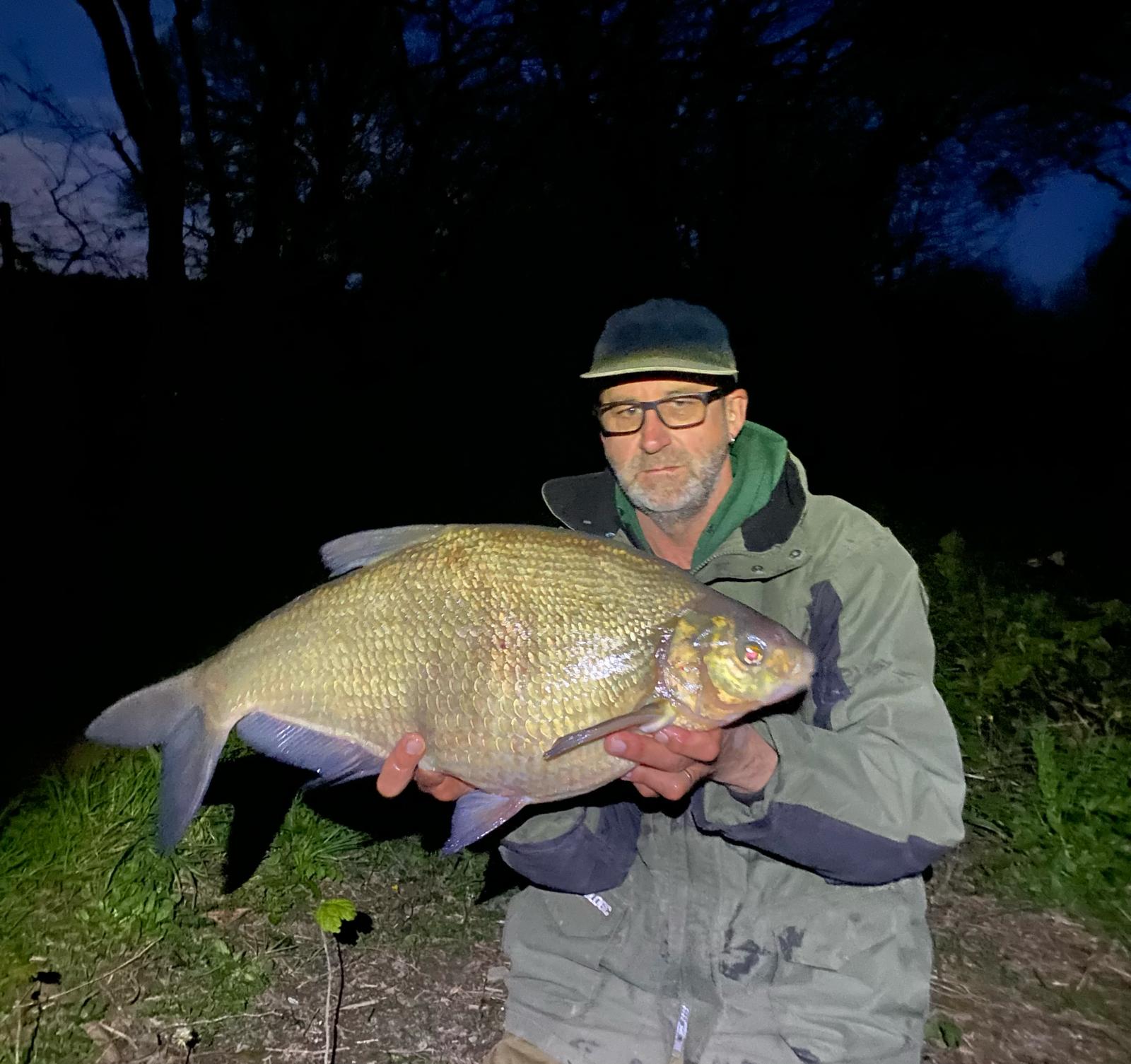
I chatted with Bruce in an analysis of my failure. Bruce expressed that he was concerned when I had told him I was using pigeon conditioner. An excellent bait for carp but he and his brother had used it in France to deter the bream!
Return trip
And so a few weeks later with plenty of big bream being reported I headed to Lower Tamar once again. This time I was on my own and it was late Sunday afternoon by the time I arrived. The prime swims were occupied so I had to fit in where I could and a swim named Fishless Corner failed to inspire. I knew it had produced the target fish in recent weeks and reasoned that my chances were still good. I spodded out a mix of pellets, sweetcorn and crushed boilies.
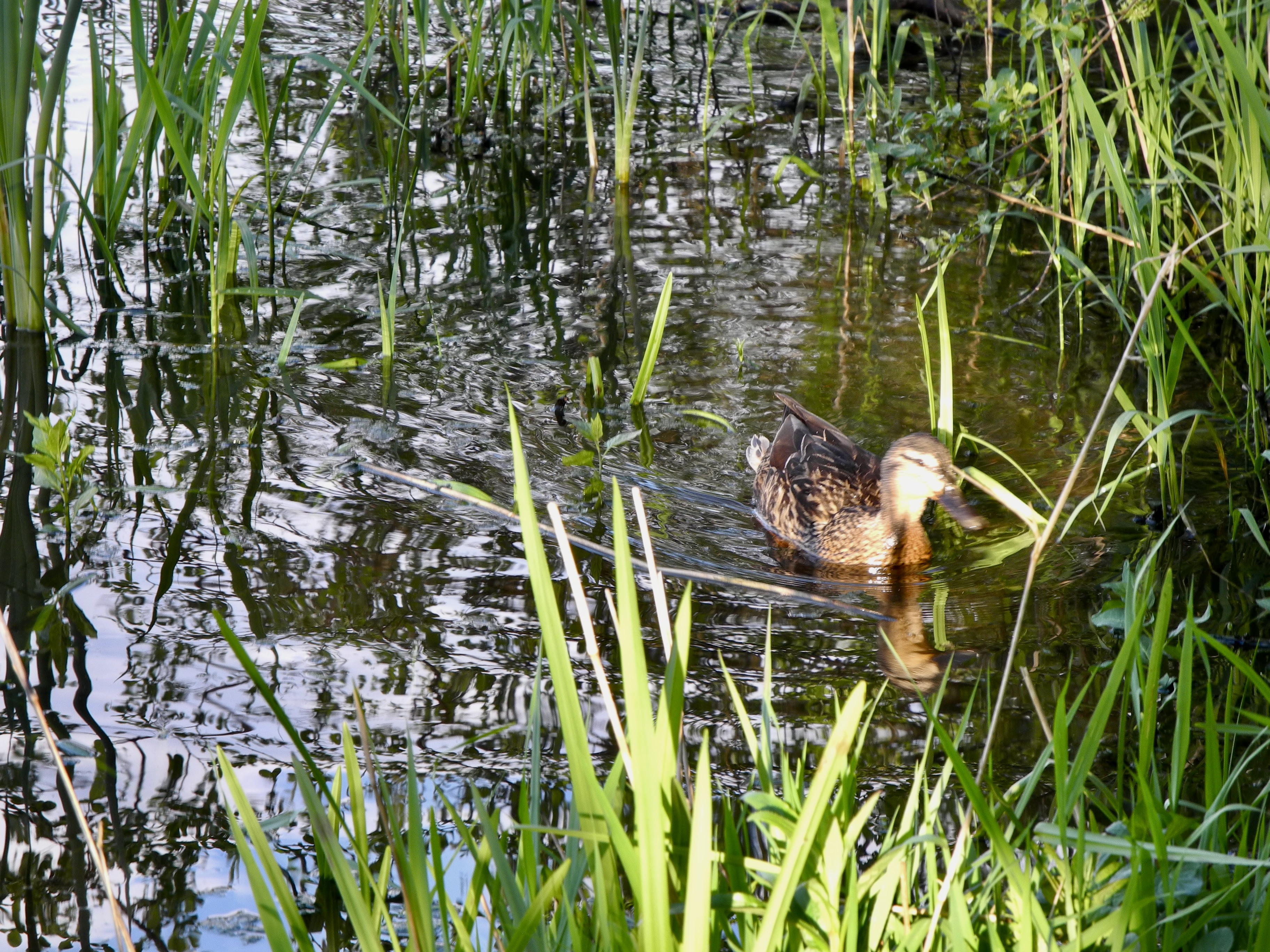
It was early evening by the time I was settled in waiting. I watched the water, the grebes and that ever pleasing sight of mother duck and her ducklings patrolling the margins. I cooked up a burger, made a fresh coffee and became emersed in the scene.
The light slowly drained from the day and a stillness enveloped the lake. The birdsong became subdued and hundreds of bats appeared as the stars began to twinkle in the night sky.
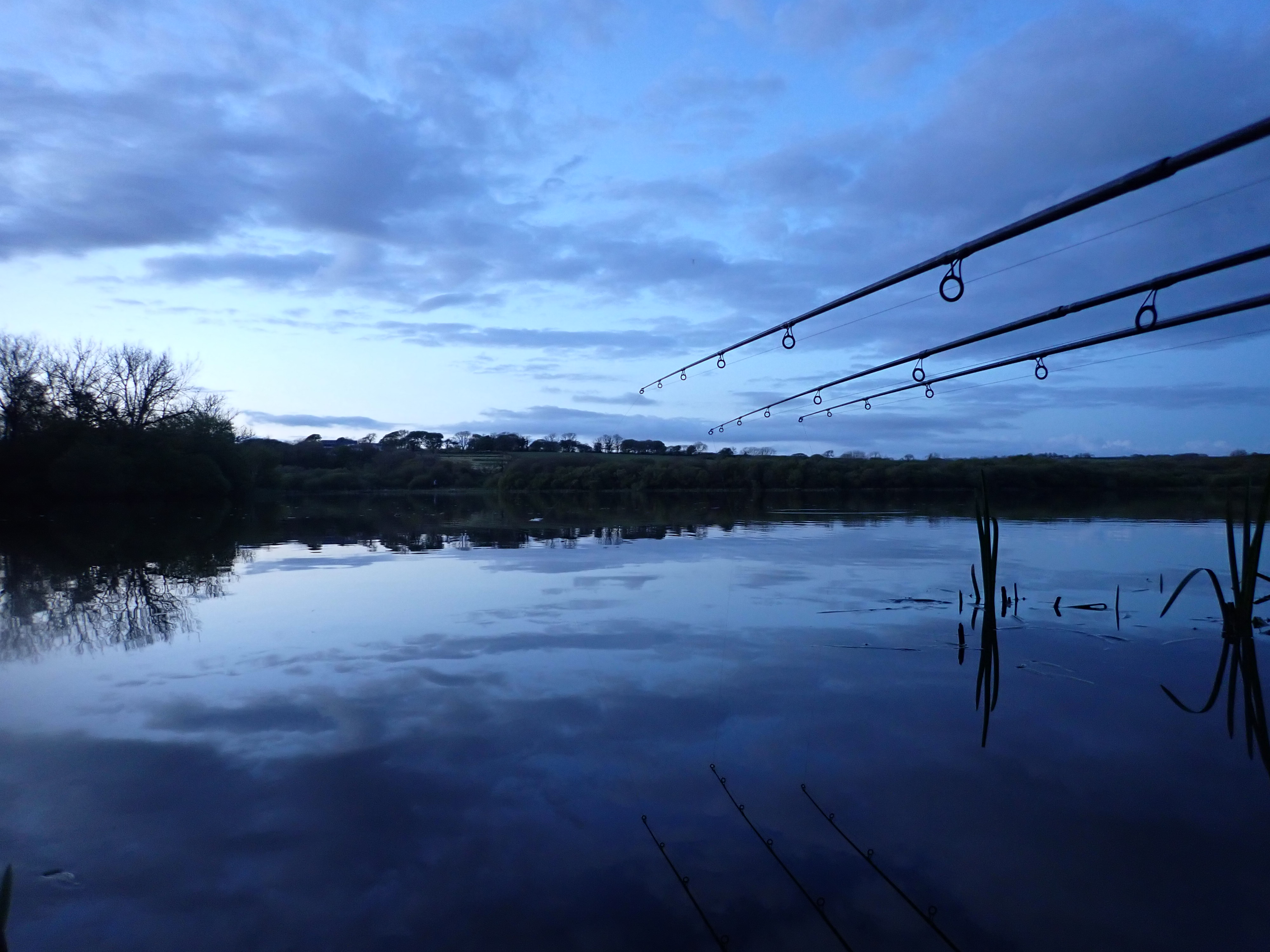
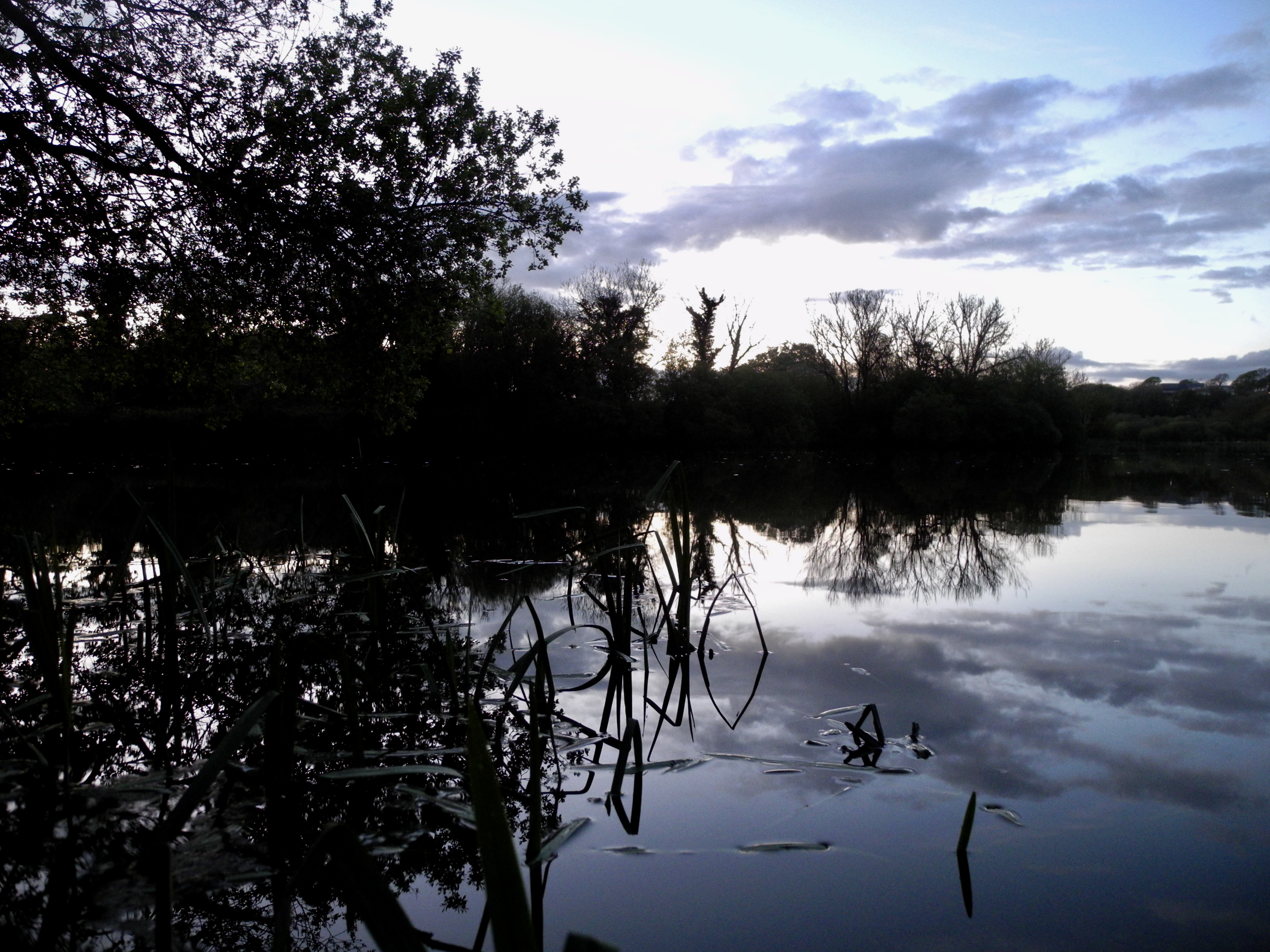
I climbed into the sleeping bag expectant and alert. Slowly I drifted into a shallow sleep waking from time to time. My expectation was fading as the sky slowly lightened as the sun returned for another day. A movement caught my eye in the half light as a rat scampered onto the boards at the front of the swim, its form clearly silhouetted against the dim light. The dawn chorus slowly increased in volume familiar sounds of birdsong resonating in the still light of dawn. I am always amazed at the volume and clarity delivered by the tiny wren. I have an app on my phone called Merlin that identifies birdsong. Wren, chiffchaff, goldcrest, wood pigeon, carrion crow and blackbird all recorded in 60 seconds.
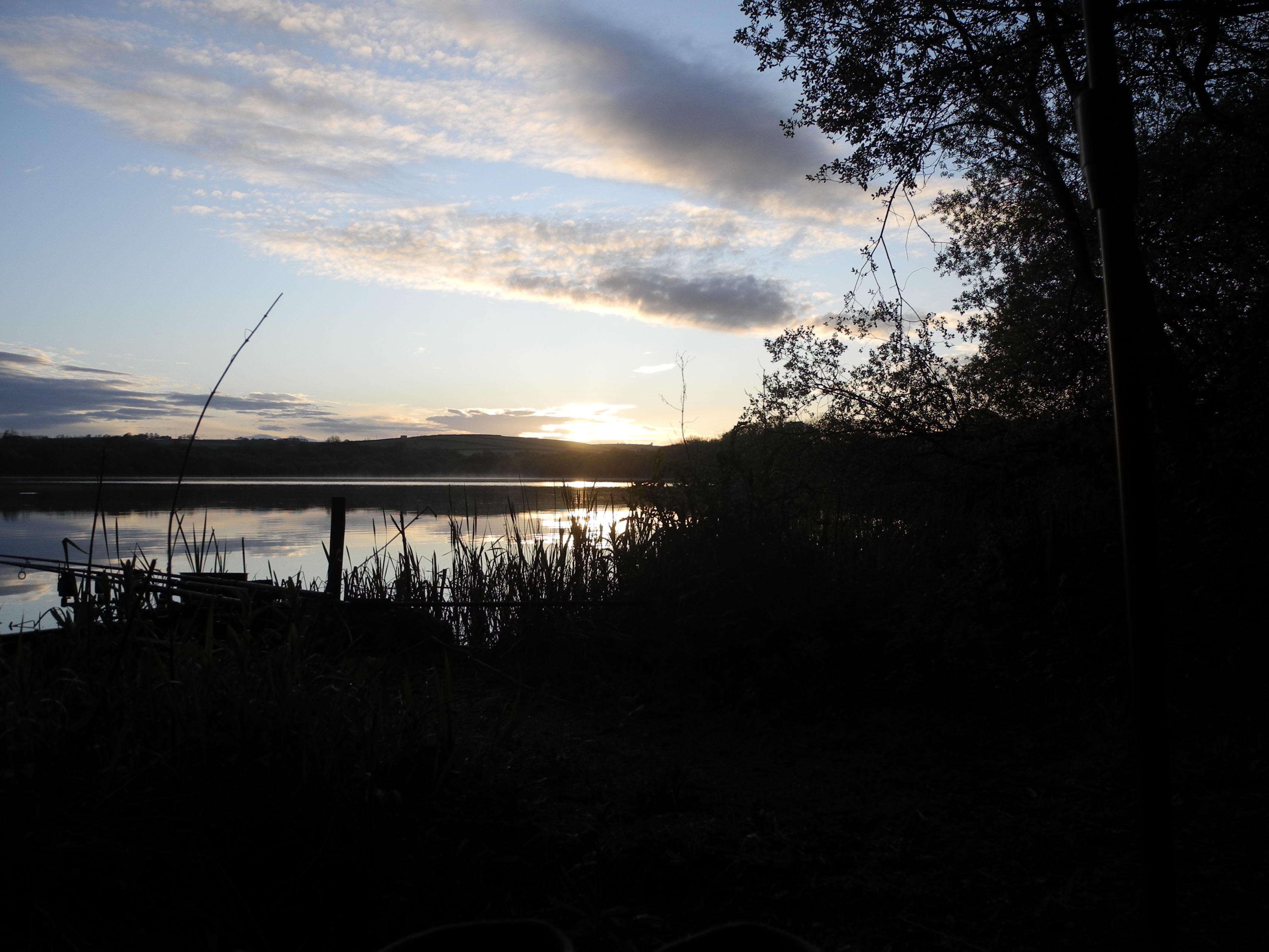
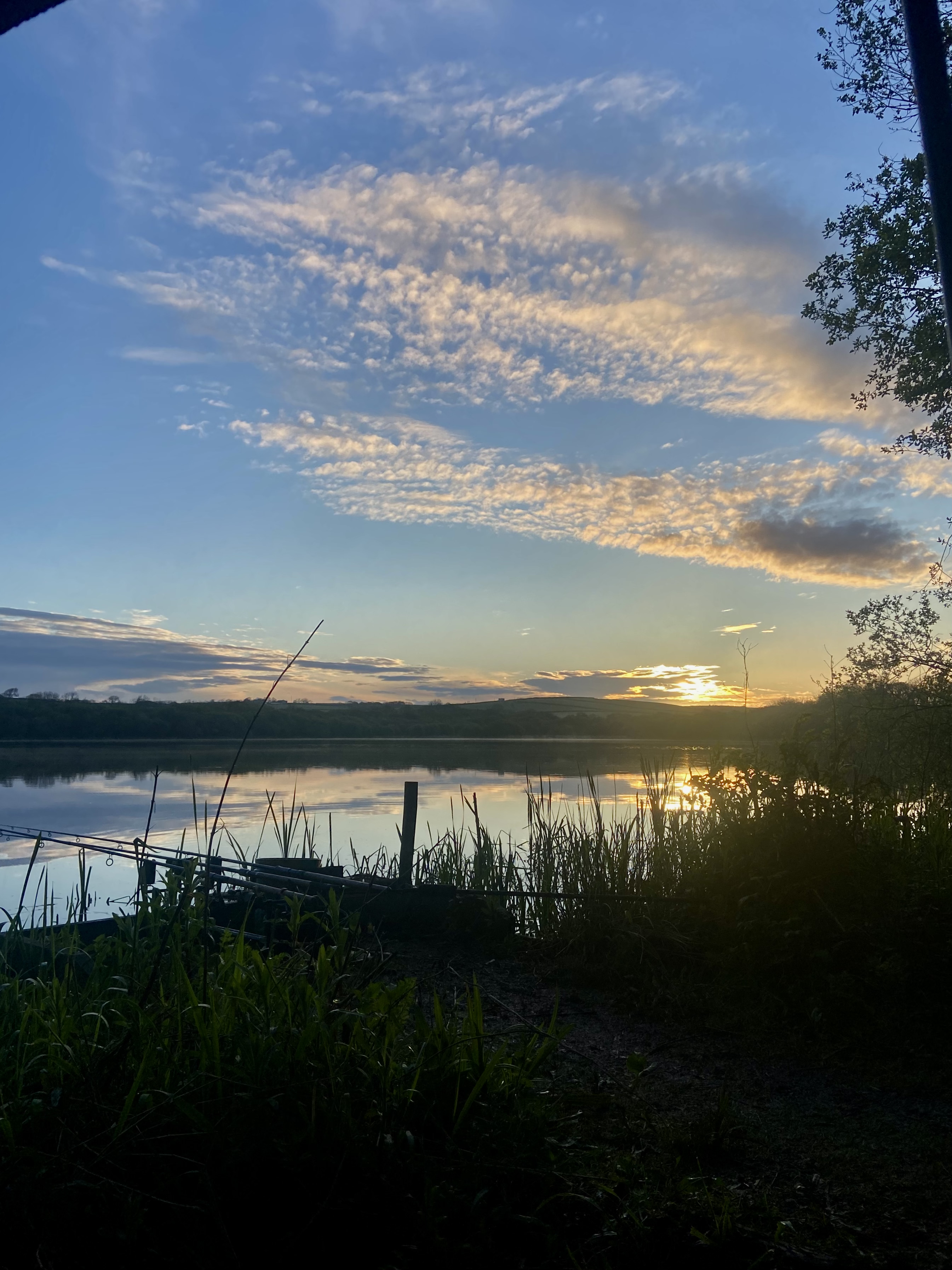
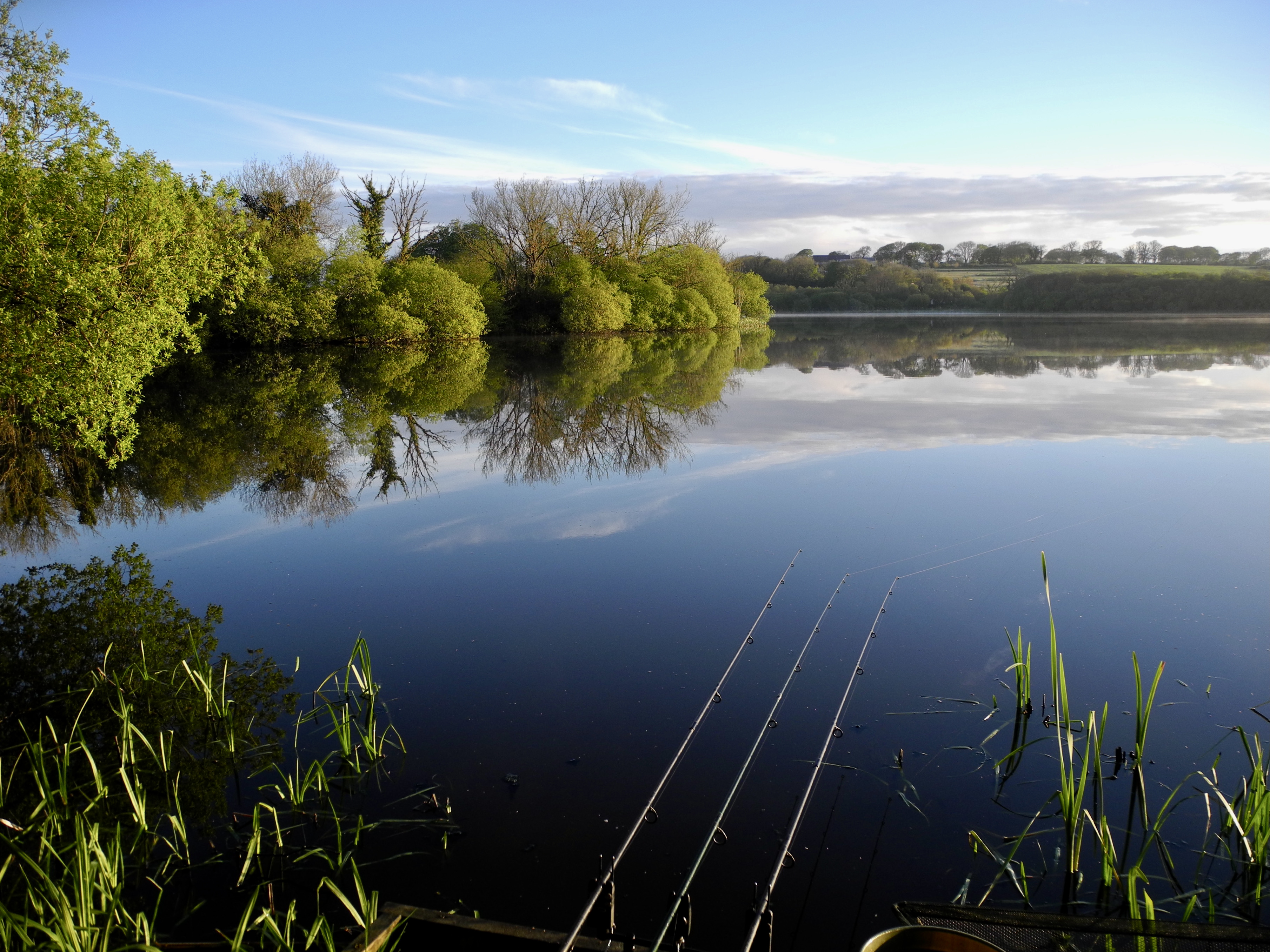
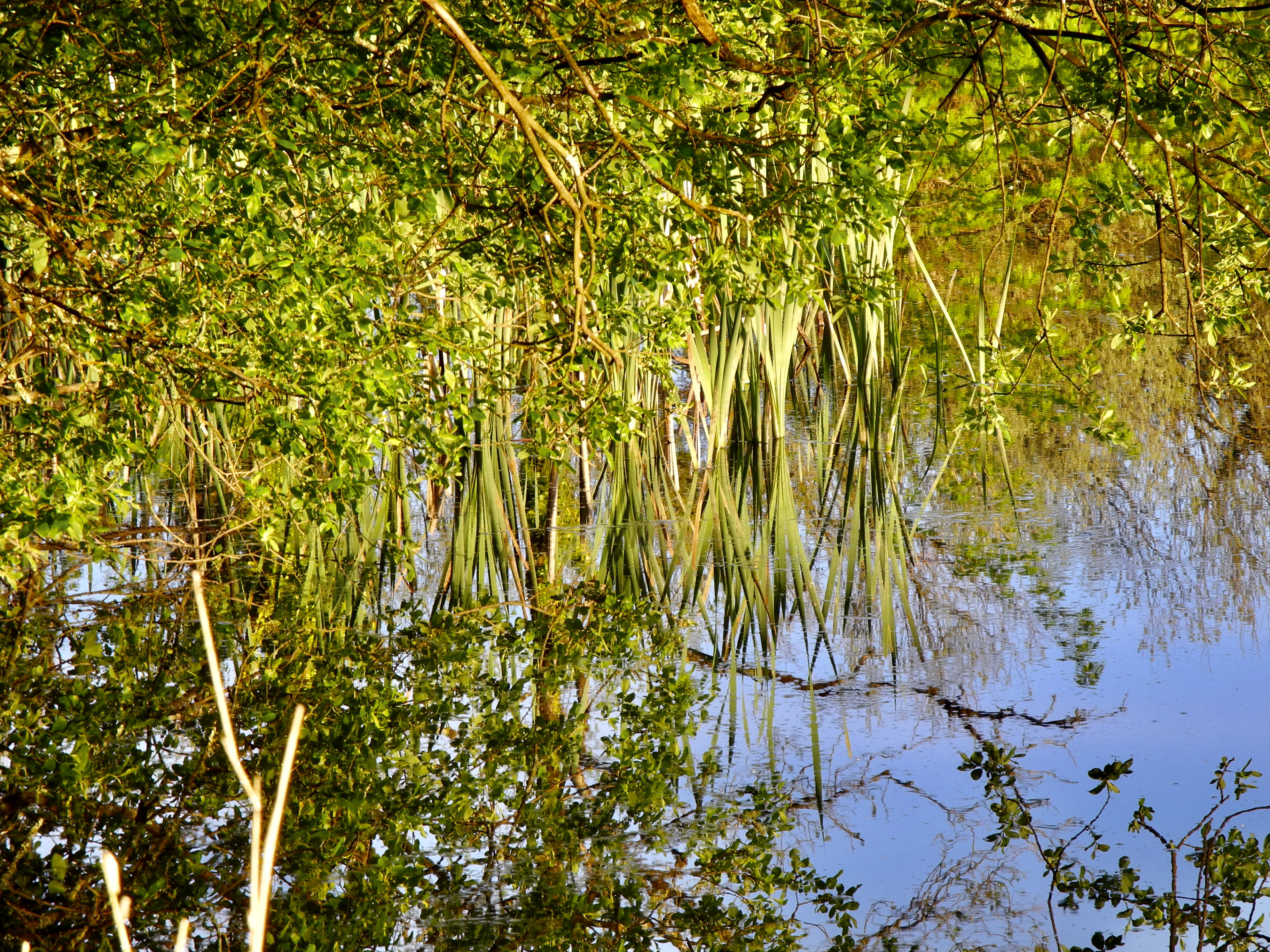
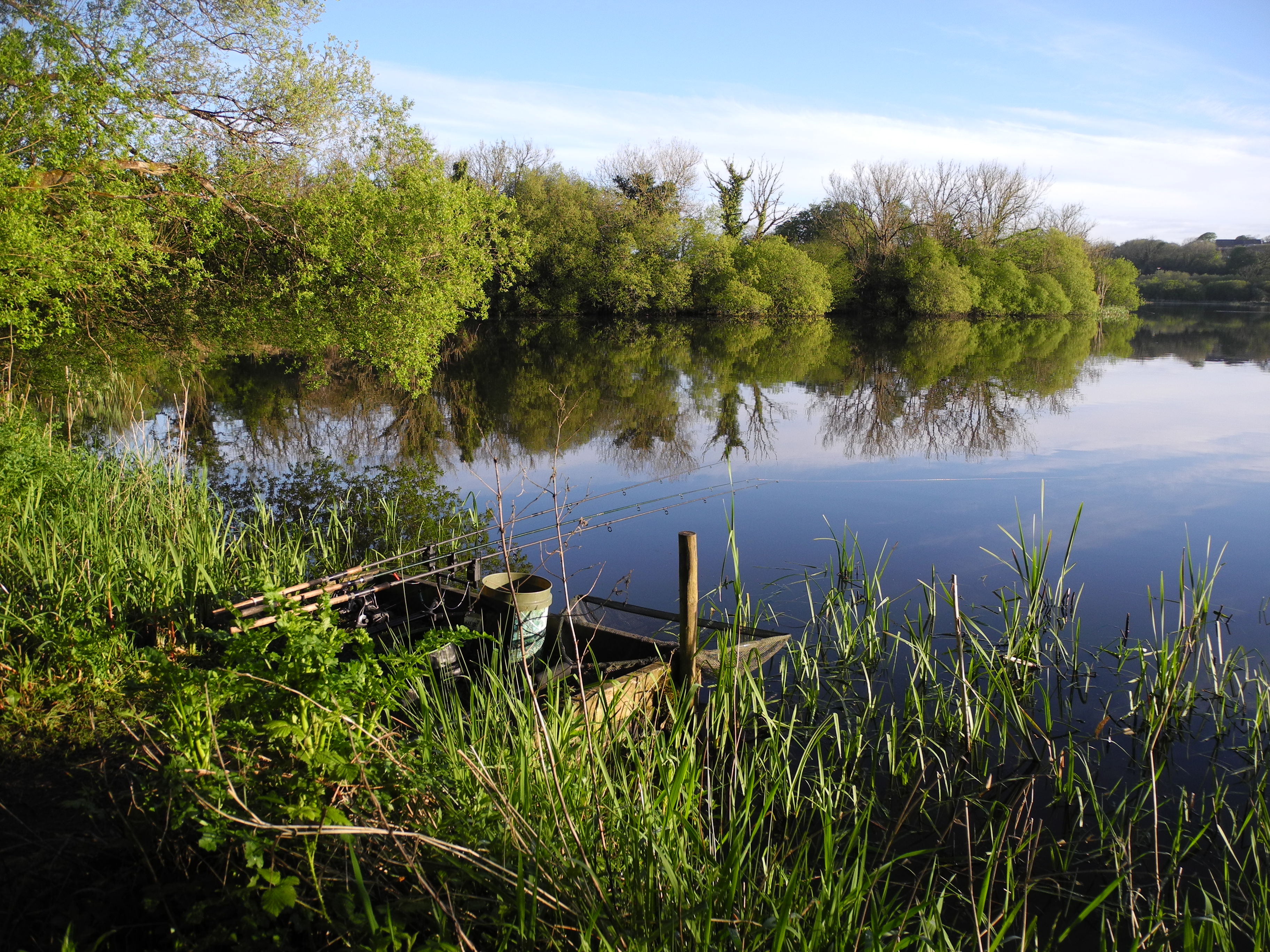
Reflections of lush green and blue sky upon mirror calm waters. Mist drifted across the far side of the lake it was a perfect late spring morning. I sat back and breathed in the pure cool air savouring the sharp taste of hot freshly brewed coffee. I contemplated upon my lack of success and philosophically accepted that in the grand scheme of life not catching was of little consequence. To be here was surely worth the chase.
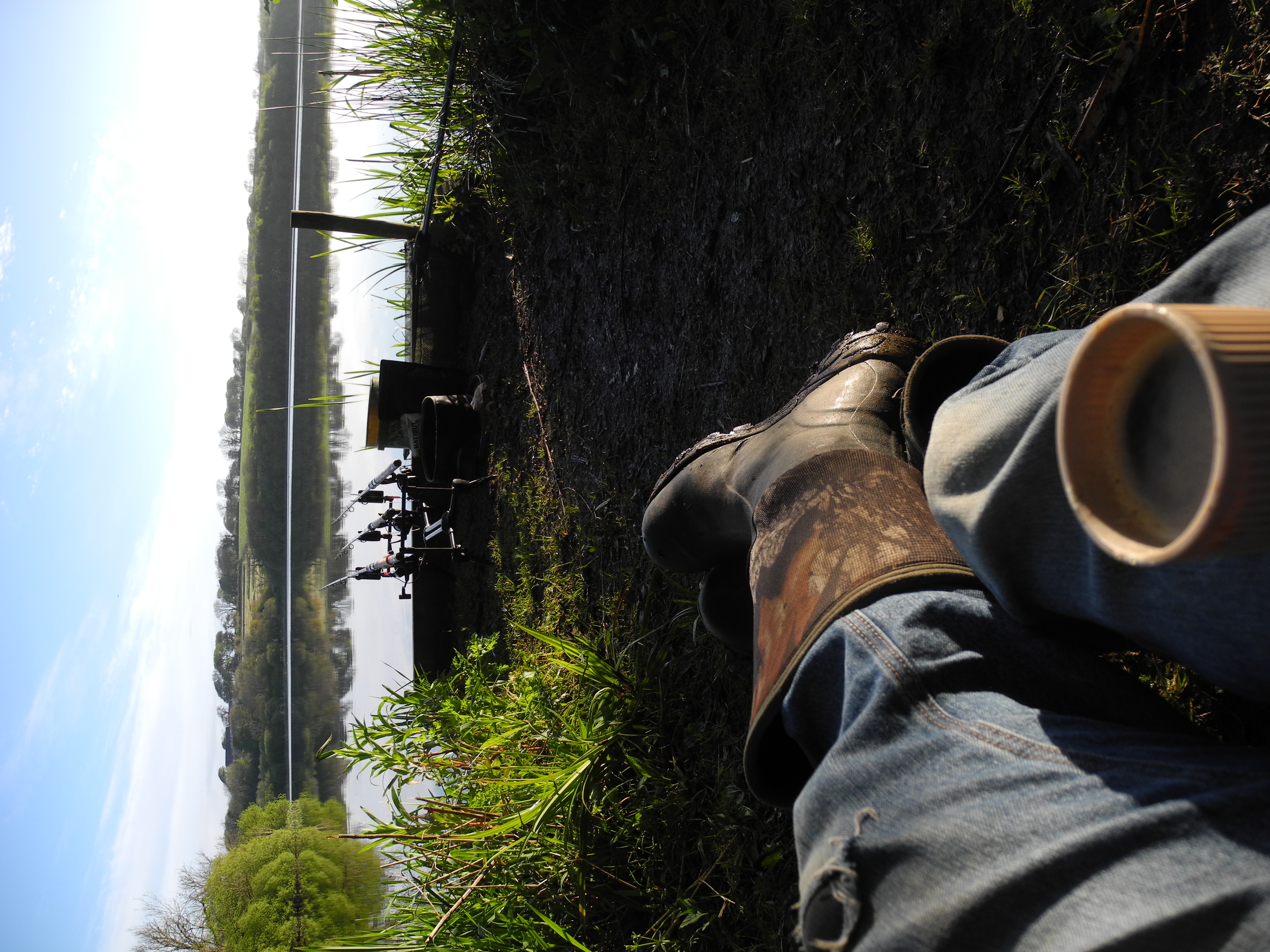
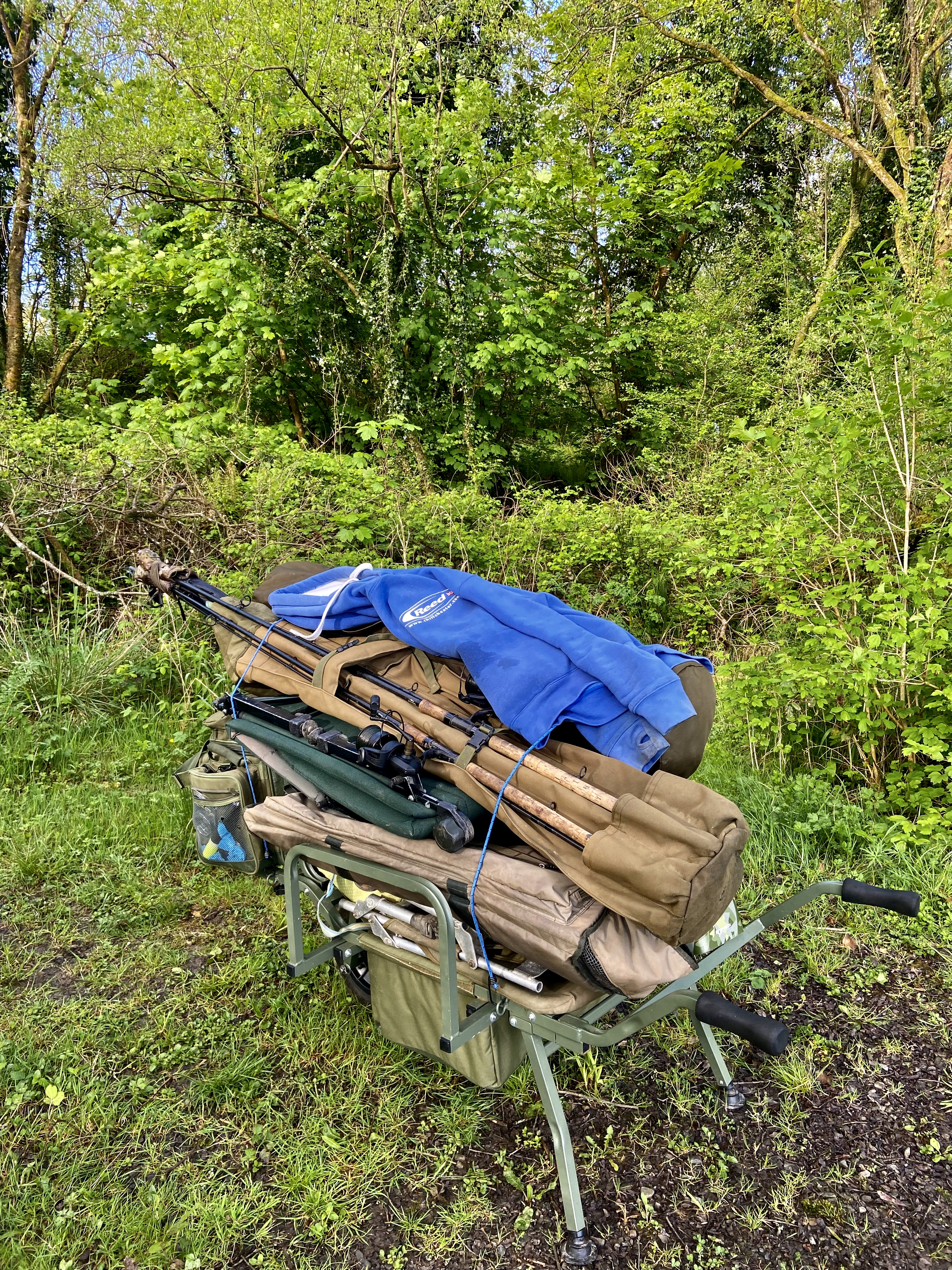
As a gentle breeze riffled the water all hope of catching evaporated and I packed slowly away. As I pushed my barrow full of gear back to the car I had to concede clearly that I had all the gear and no idea.
Back at the car I met a fellow angler. “ How did you get on ?” I asked. He replied that he was, “ delighted to have caught a 29lb common carp but had been plagued by nuisance bream that were this big!” He stretched his arm wide to indicate the size of bream within my dreams.
I will be back third time lucky. In a different swim with modified rigs and hopefully no requirement to find a reason that I failed to connect.
The Braunton Bait Box are now stocking Carp, Coarse Fishing Baits and tackle providing a convenient location and service for anglers in the Braunton Area. This a very welcome development for North Devon’s anglers following the announcement that Quay Sports is closing in early July.
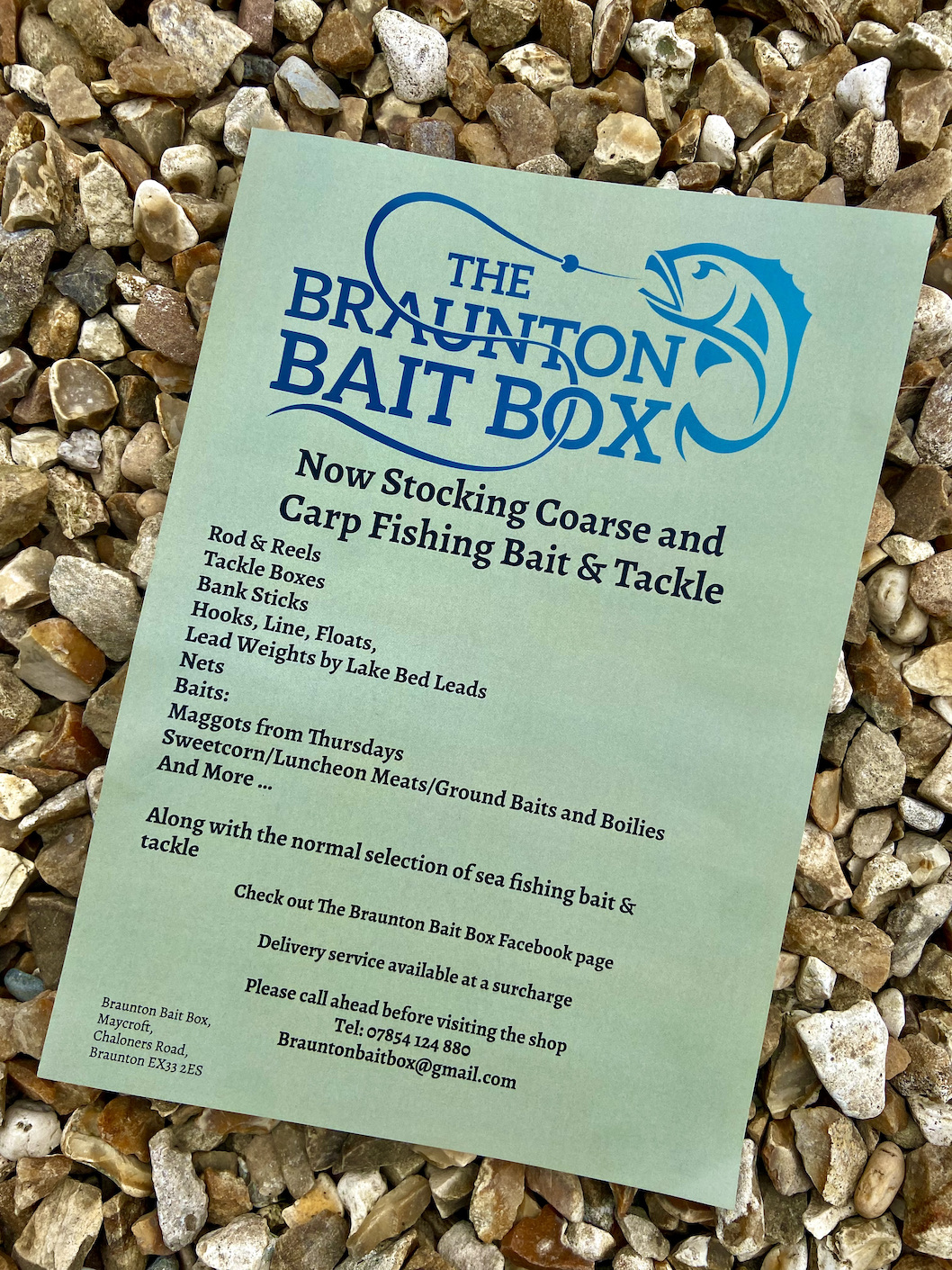
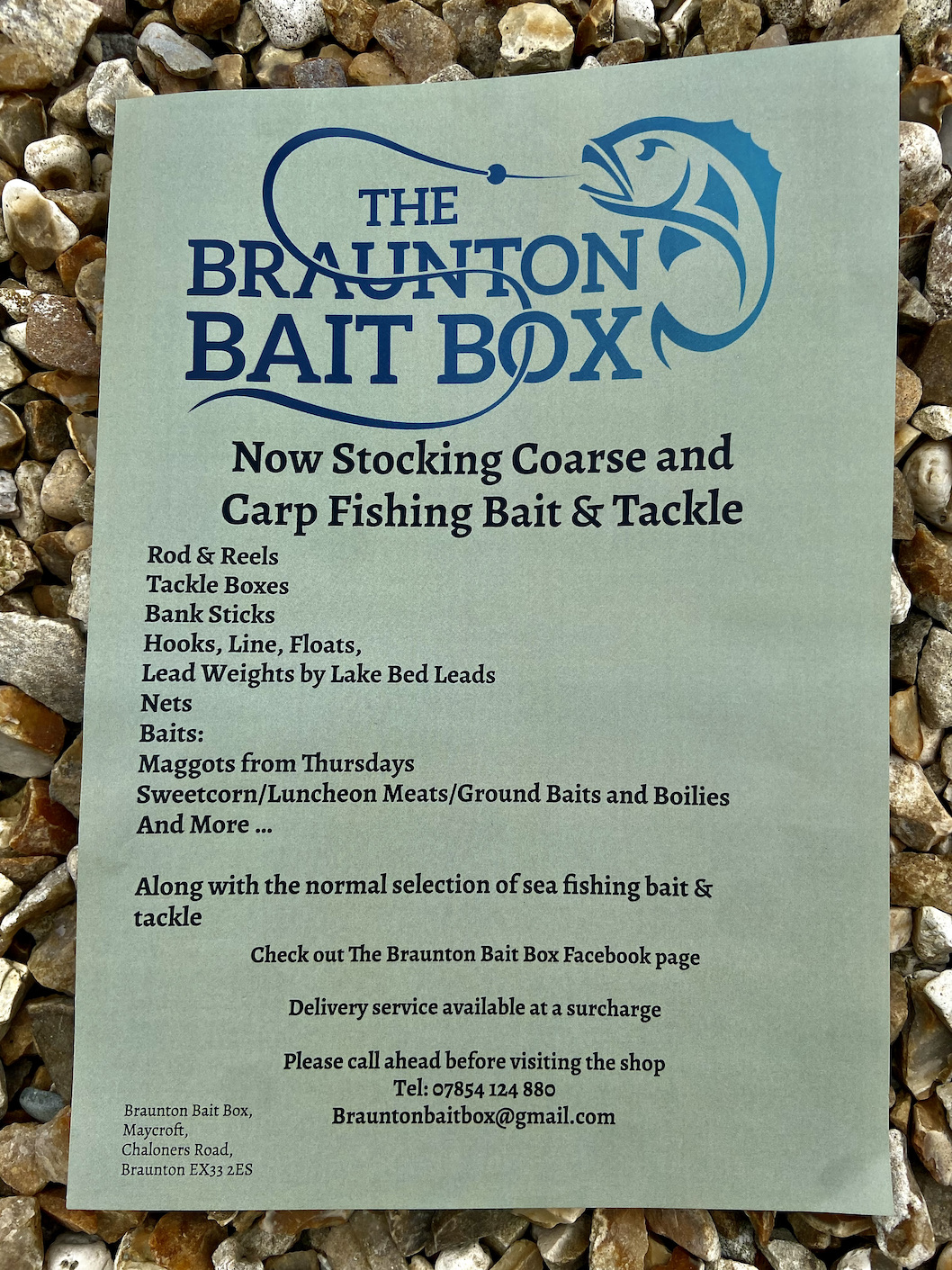

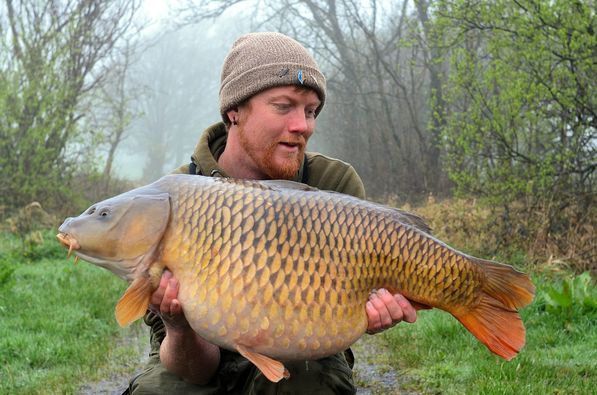
Aaron Bunning had a trip to remember on Lower Tamar this week. After setting up in Swampy’s and catching one fish, he decided to move swims in the morning to Hilton’s. Putting a good spread of Mirage baits ‘Reservoir Specials’ he fished a matching wafter as a hook bait. He ended the session with four fish including this cracking 33lb 6oz common.

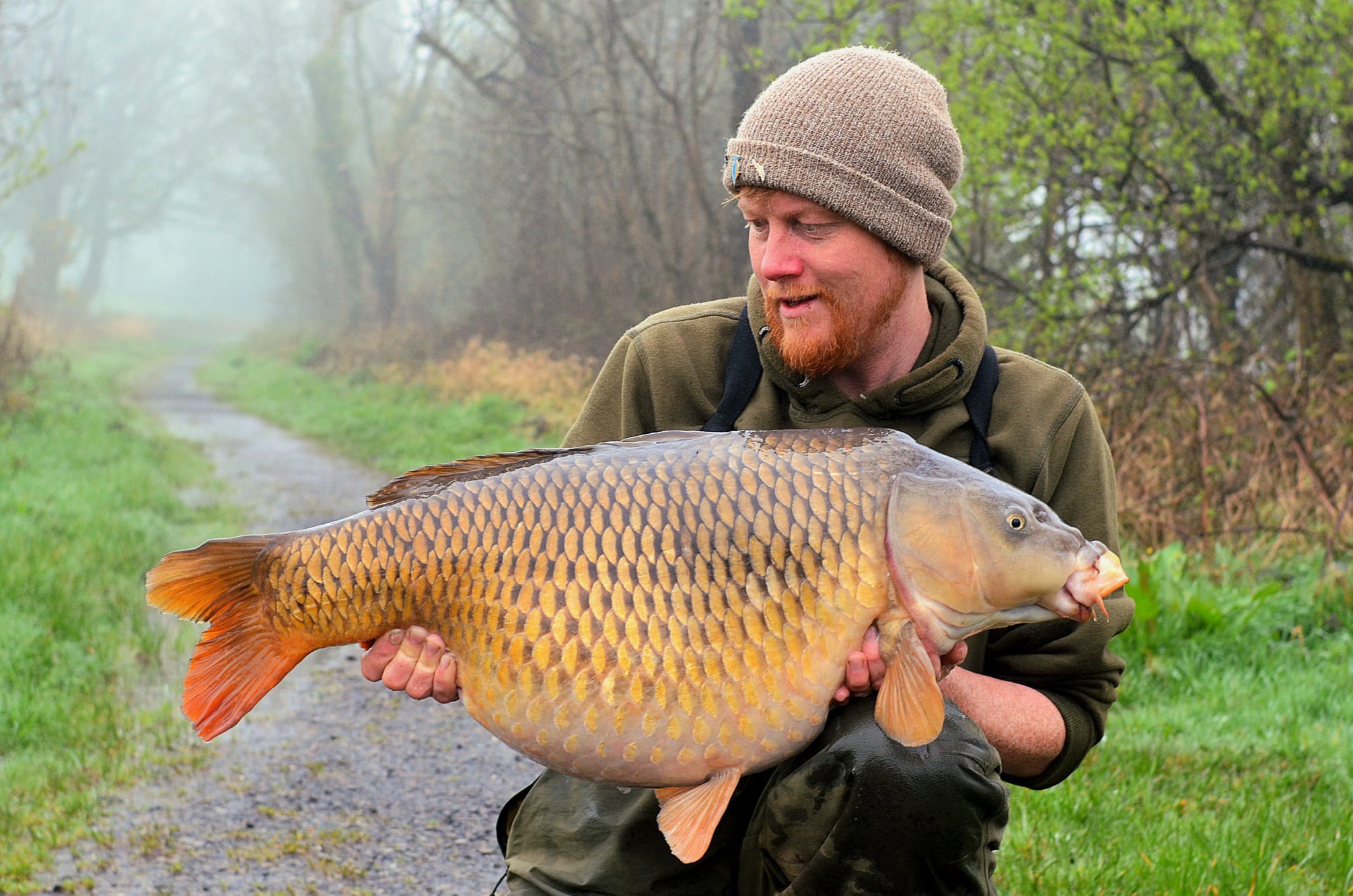
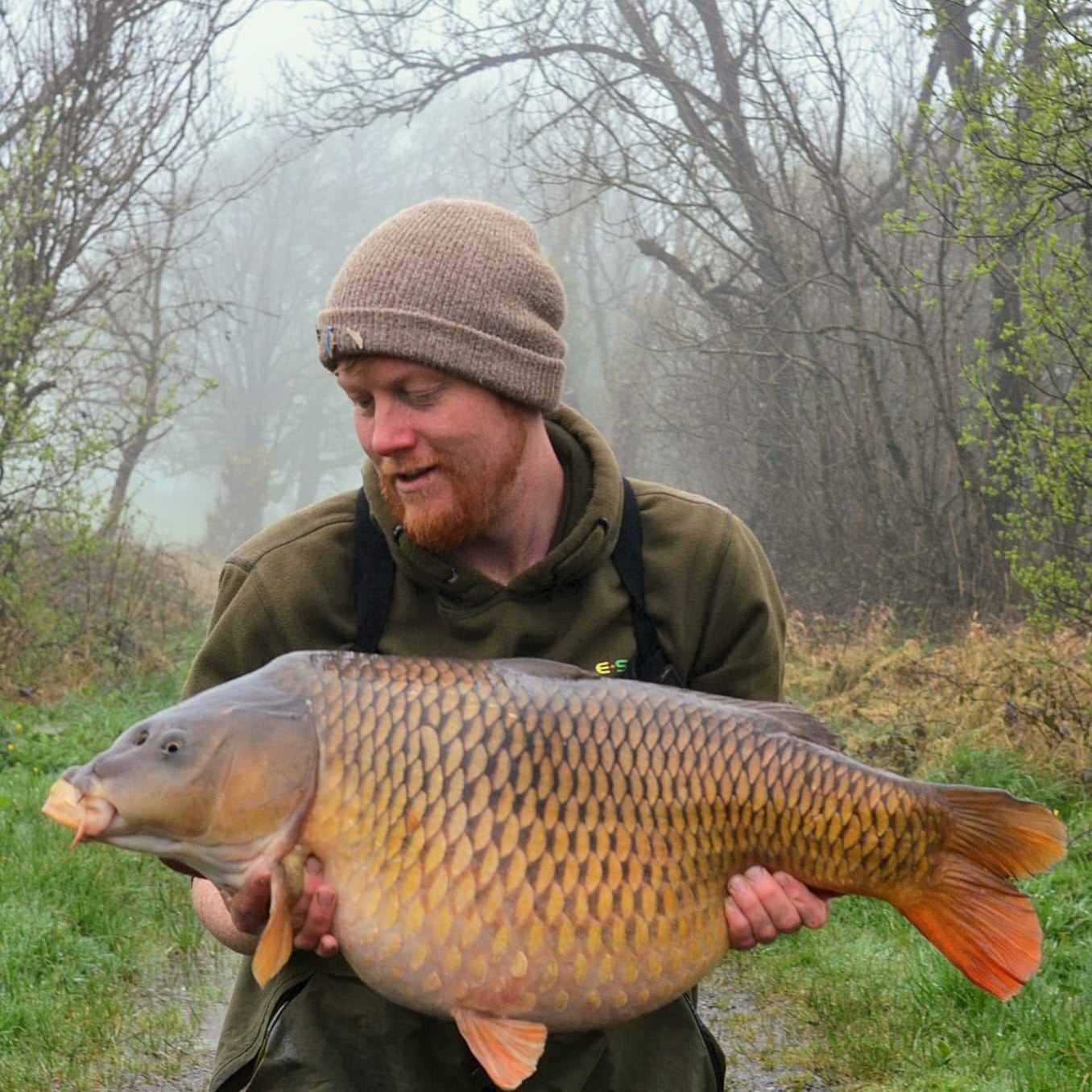
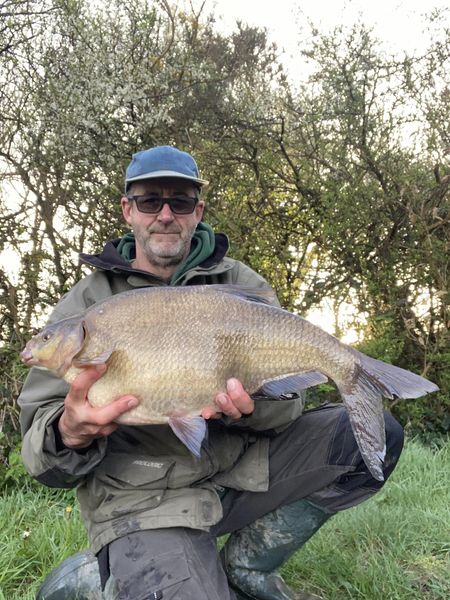
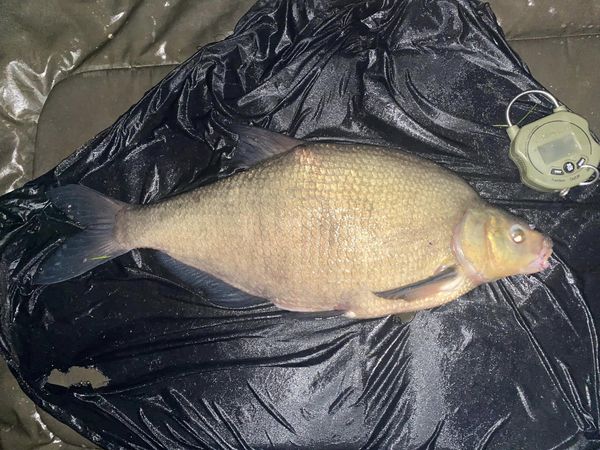
Ilfracombe Aquarium is located on Ilfracombe Pier and offers a fascinating glimpse into the world beneath the waters surface. There are many fish to seen that live within Ilfracombe Harbour and along North Devons coast. There are also insights into local freshwater eco systems and the creatures that live within. An ideal place to visit in conjunction with a fishing trip to Ilfracombe Pier where members of Combe Martin SAC club recorded over thirty species during February and March of 2024.

Ilfracombe Aquarium consists of Local Aquatic Exhibits, Pier Café & Gift Shop. It is a much loved, award winning, and ever evolving, all-weather, family fun, educational attraction. It is located in the Old Lifeboat House on the pier. Conveniently located, it is surrounded by Ilfracombe’s picturesque & historic harbour which is home to Damien Hirst’s Verity sculpture and 14th century St. Nicholas’ Chapel. Ilfracombe town is located on the dramatic and spectacular North Devon coast. It is 20 mins. drive from Barnstaple, 10 mins. from Woolacombe. It is set within the North Devon Area of Outstanding Natural Beauty (AONB).